The wealth management advisor (or asset manager) is a trusted professional who assists private individuals, company directors and the self-employed in the overall management, tax optimization and transfer of their assets. Whether independent or backed by an institutional structure, he or she designs personalized, tailor-made wealth management strategies, drawing on multidisciplinary expertise.
What is a wealth management advisor? Definition and key missions
A wealth management advisor is an expert in wealth engineering who intervenes at every stage of a client's financial life.
Main tasks:
- Wealth audit and analysis of tax, legal and financial situation.
- Development of a global strategy adapted to life goals.
- Recommendations for financial, real estate and alternative investments.
- Regular monitoring of implemented solutions and adaptation to regulatory or personal developments.
What is the role of a wealth manager?
The Wealth Manager acts as a wealth architect, structuring and steering his clients' strategy with a view to sustainable performance and security.
Asset audit
Each mission begins with a complete analysis of the customer's situation: income, family structure, matrimonial property regime, wealth objectives, etc.
Building a wealth strategy
It can include :
- Tax optimization schemes (Pinel, Girardin, etc.).
- Financial investments (mutual funds, SCPI, private equity).
- Specific real estate investments (LMNP, bare ownership, etc.).
- Transmission solutions (gifts, life insurance, Dutreil pacts, etc.).
Long-term support
Wealth evolves. The wealth management advisor provides regular monitoring to adjust the strategy in line with personal, economic or regulatory developments.
Statutes and regulations applicable to asset management advisors
The activity of wealth management advisors is regulated to guarantee the security of investors.
Certifications and statutes required :
- CIF (Conseiller en Investissements Financiers) approved by the AMF.
- T card for real estate transactions.
- IAS (Intermédiaire en assurance) for the distribution of life insurance policies.
- Registered with ORIAS, the French register of financial intermediaries.
How we do it
Wealth Management Advisors can operate under a variety of different statutes:
- Independently, with an open and objective approach.
- Attached to a private bank or insurance company, with a range of solutions often restricted to the group's offering.
Advantages of working with a Wealth Manager
Working with a wealth manager allows you to benefit from quality support over the long term:
Personalized advice
The solutions we propose are tailored to each customer's objectives.
Global expertise
The wealth management advisor combines tax, legal, financial and real estate expertise.
Asset optimization
It identifies the best investment and tax options, according to profile and regulatory framework.
Access to differentiating investments
Some managers offer access to reserved opportunities such as private equity or confidential club deals.
How do you choose a good wealth management advisor?
The choice of a wealth management advisor is crucial to the future of your assets.
Here are the main criteria to consider:
- Diplomas, certifications and regulatory approvals (CIF, carte T, IAS, ORIAS).
- Professional experience and specialization according to your profile.
- Independence from financial institutions.
- Transparency on remuneration (fees, retrocessions, etc.).
- Reputation and recommendations (customer reviews, professional network).
- Human qualities and pedagogy, to build a lasting relationship of trust.
The role of the wealth management advisor in private equity
Wealth Advisors play a central role in the democratization of Private Equity, an investment universe historically reserved for institutional investors.
At Altarocwe work closely with wealth management advisors to offer their clients privileged access to high-performance, rigorously selected and transparent private equity funds.




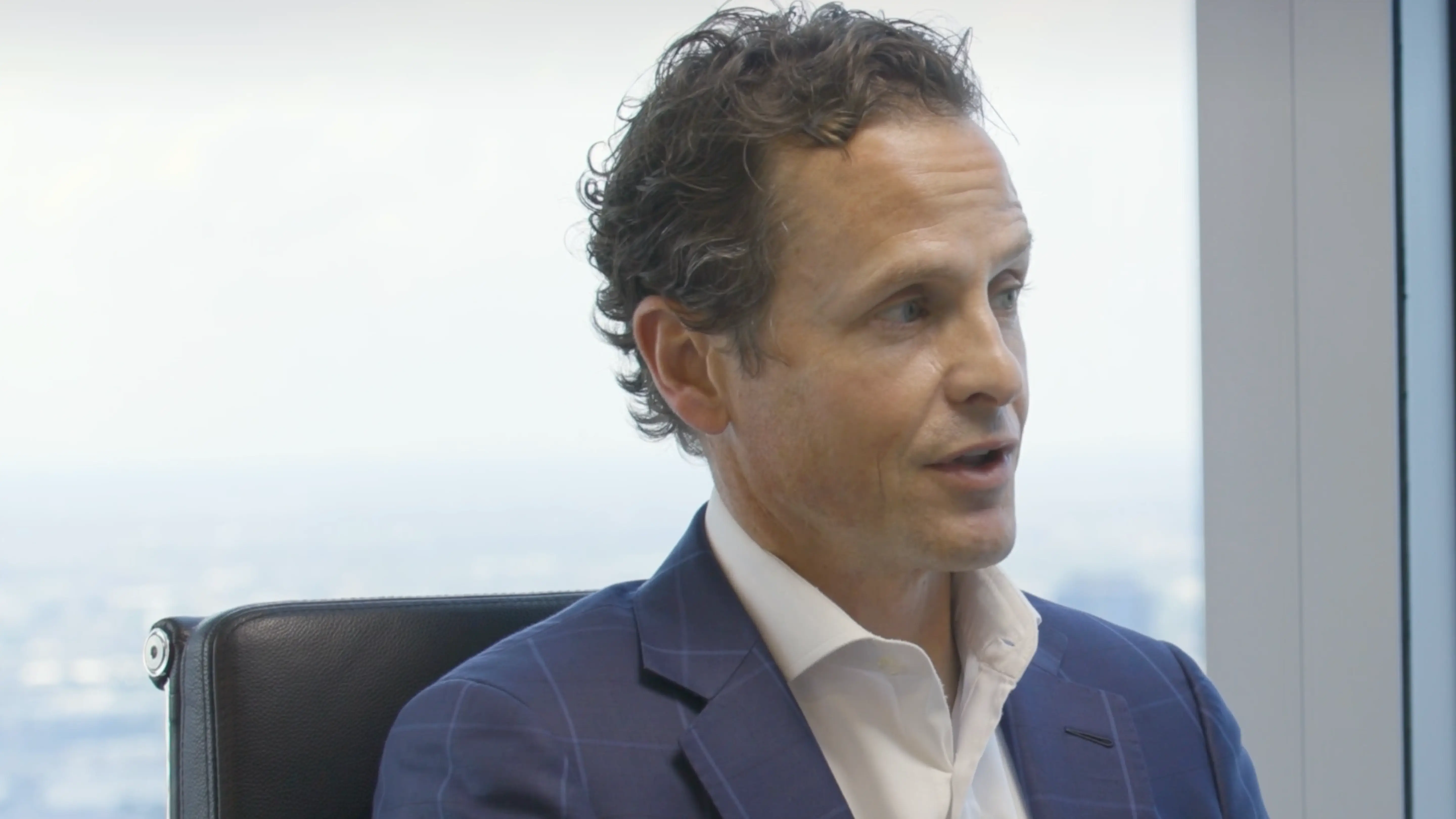



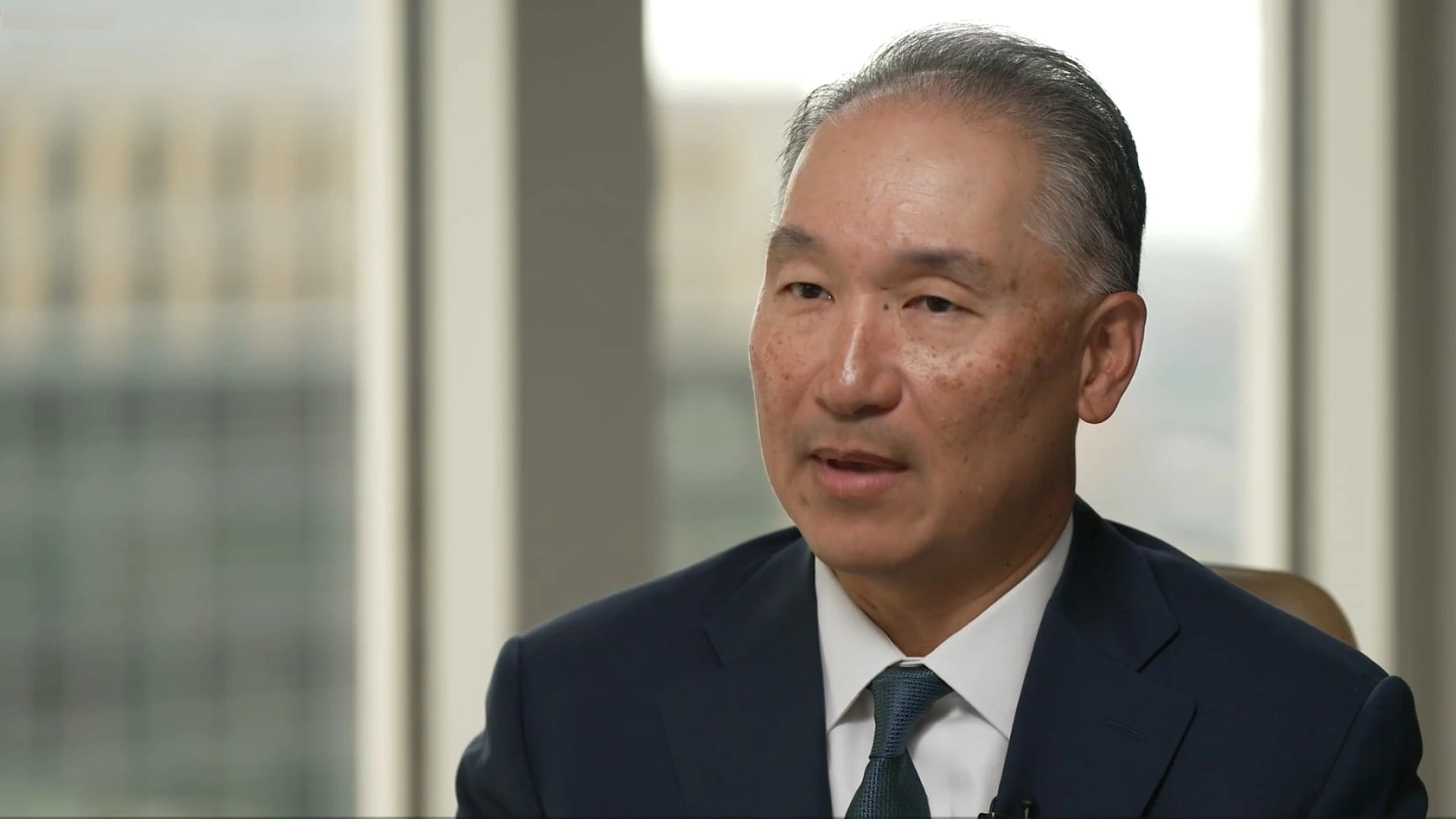

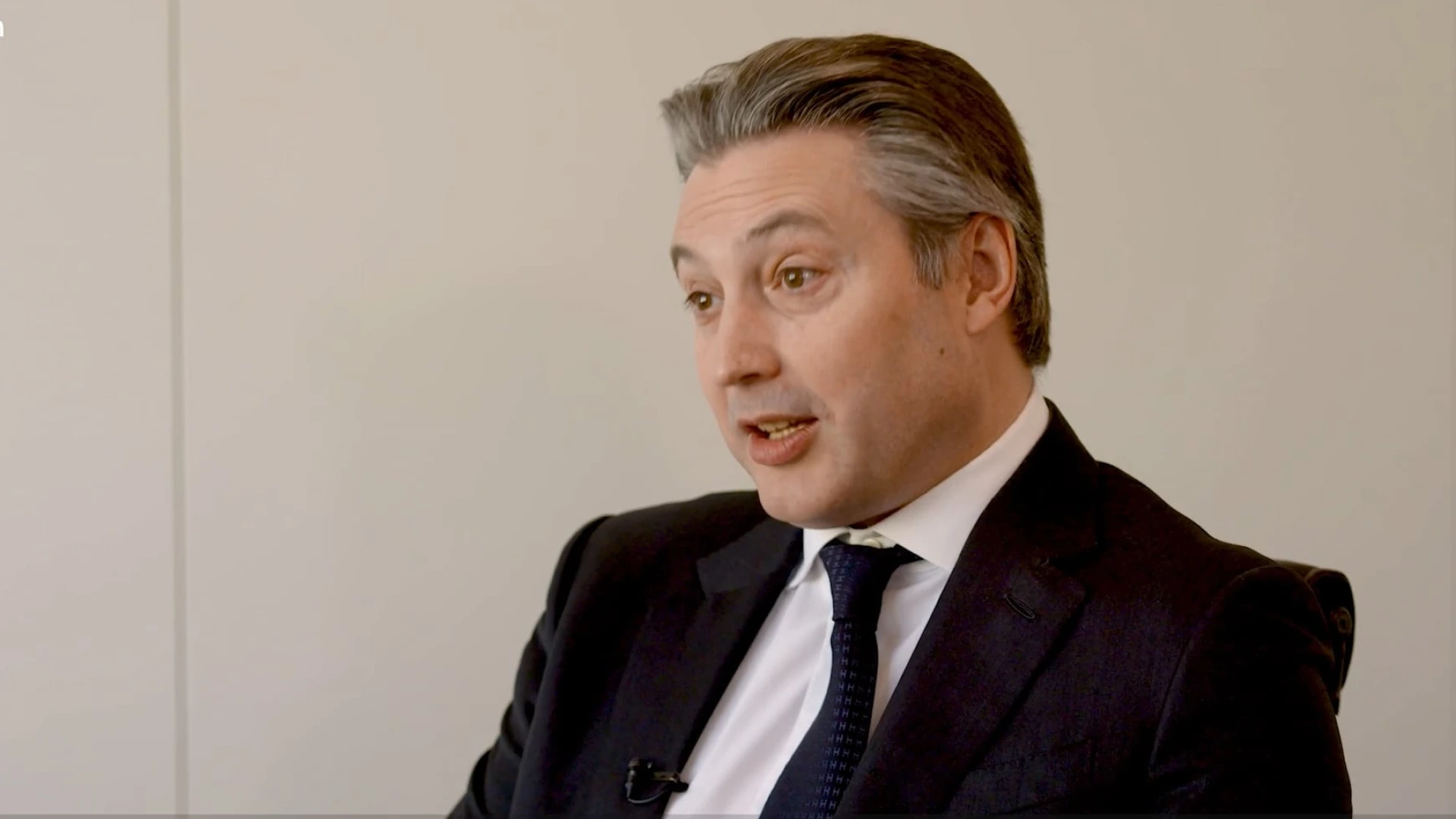
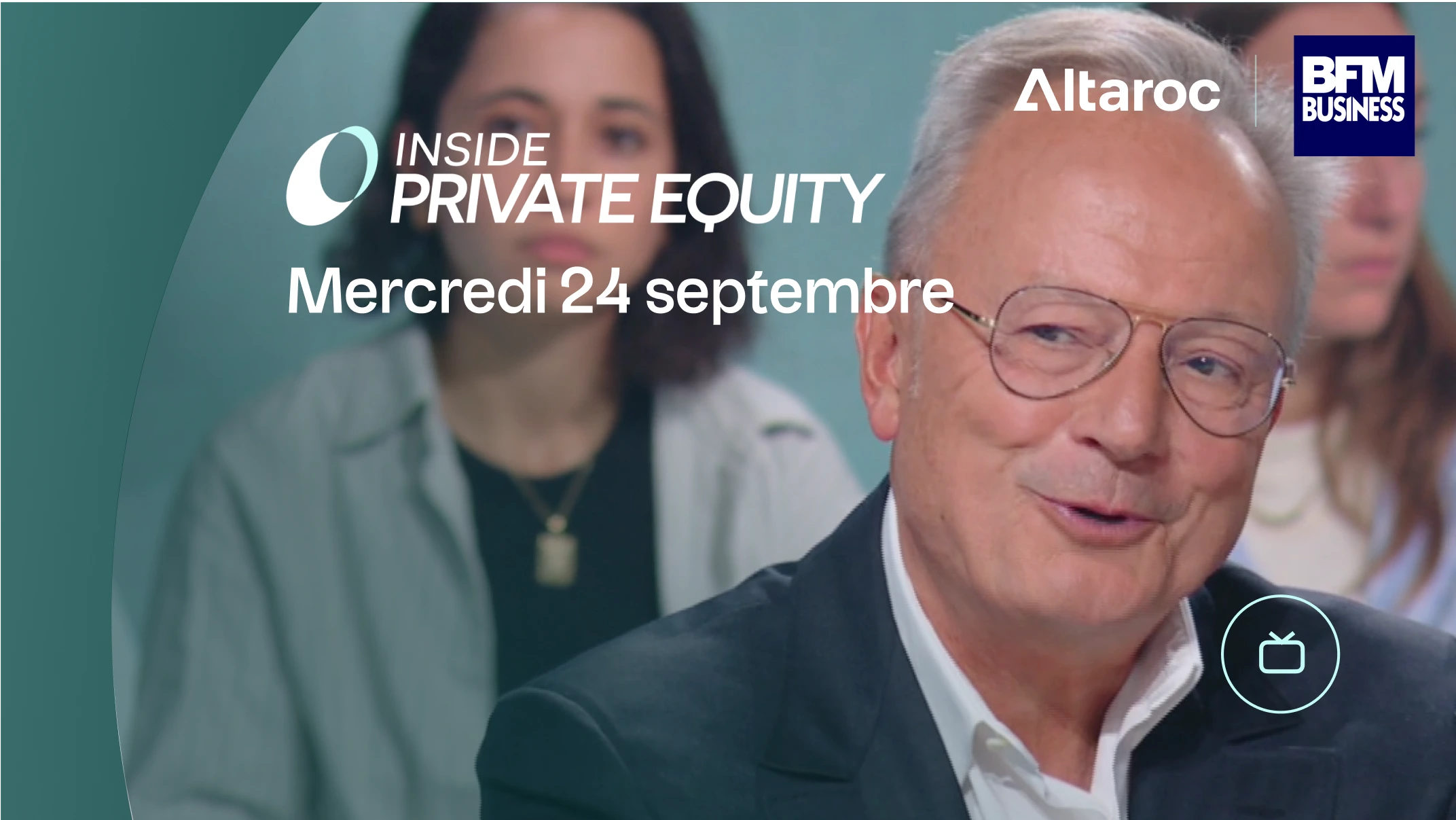

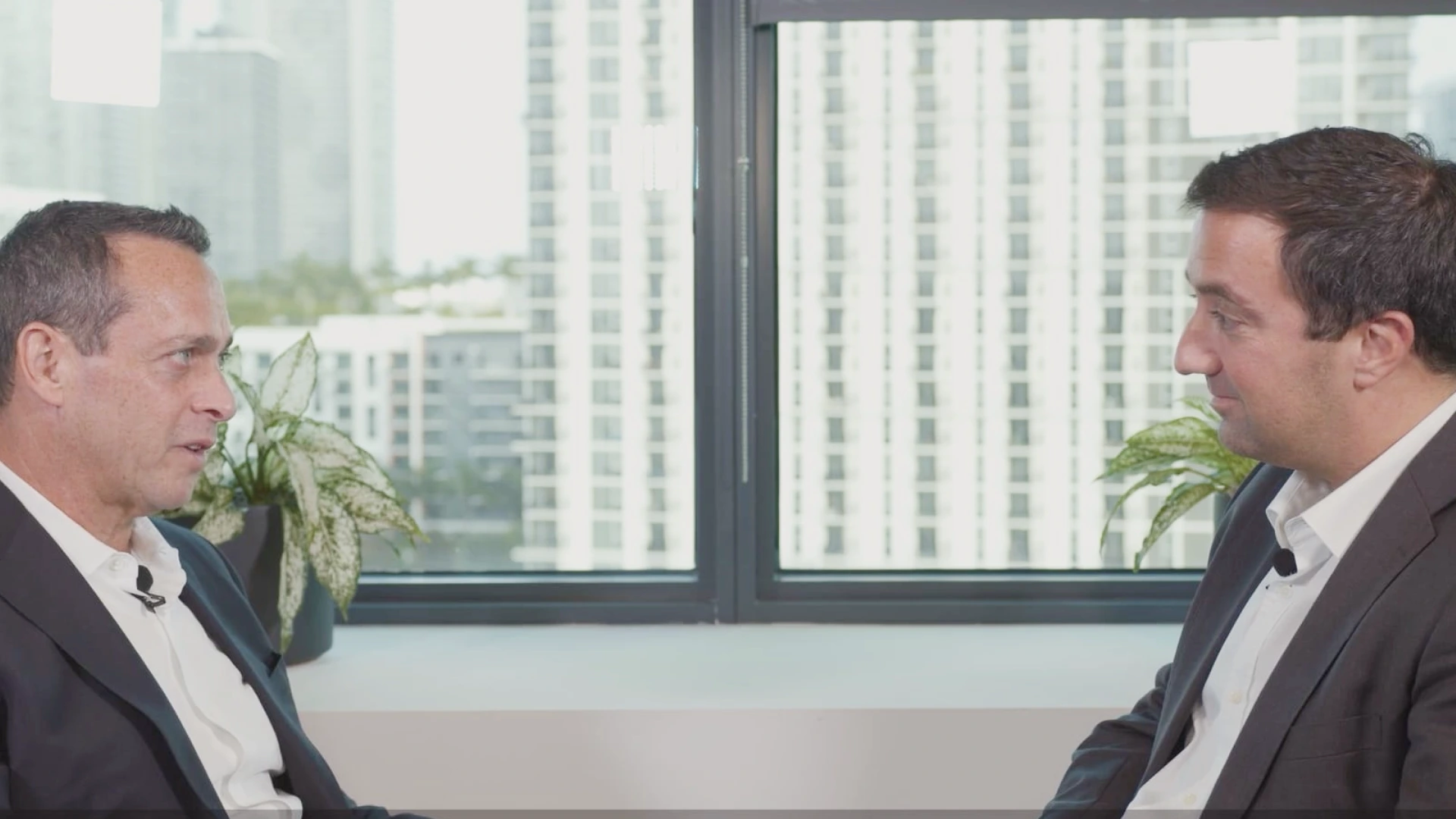

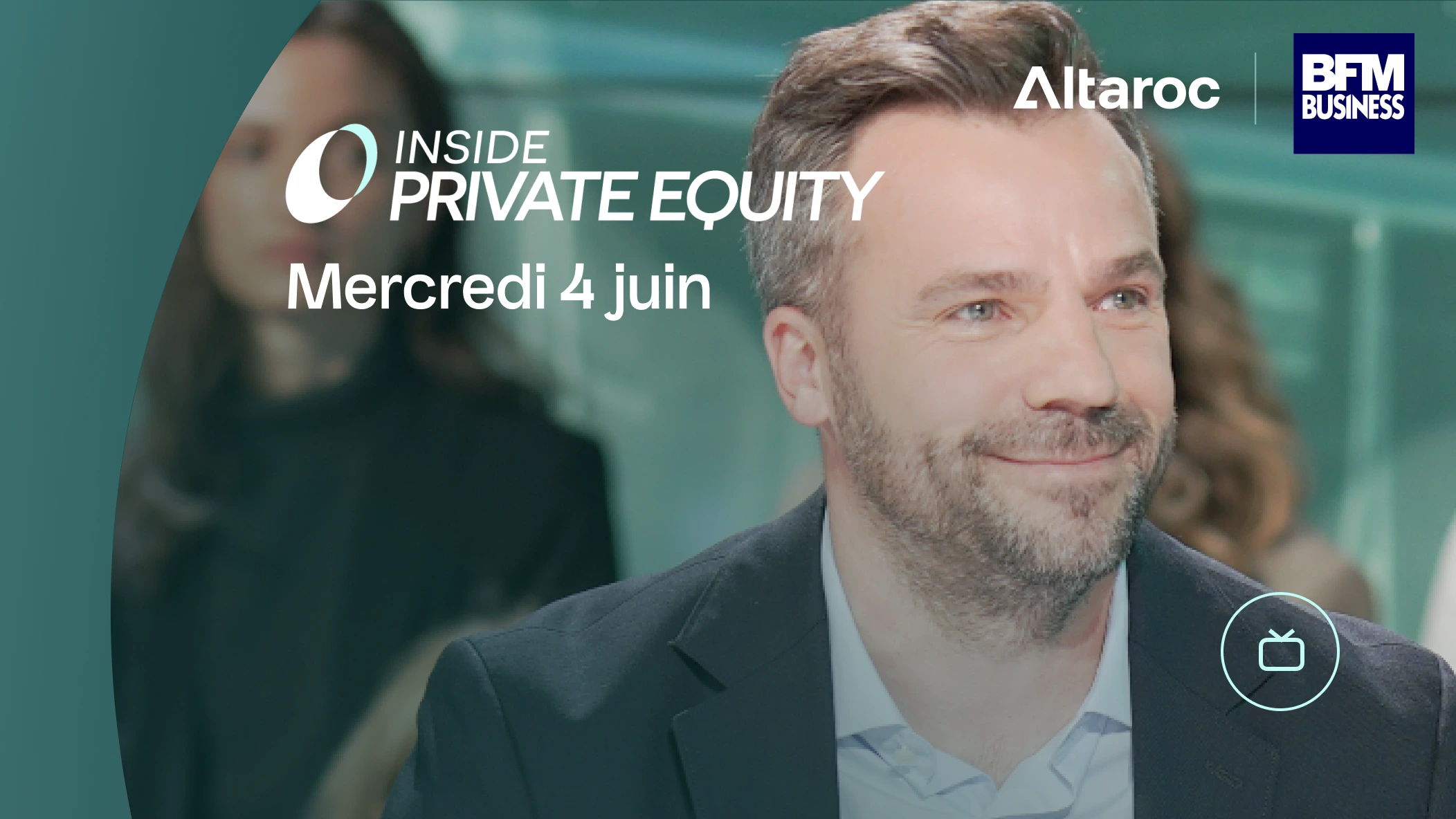
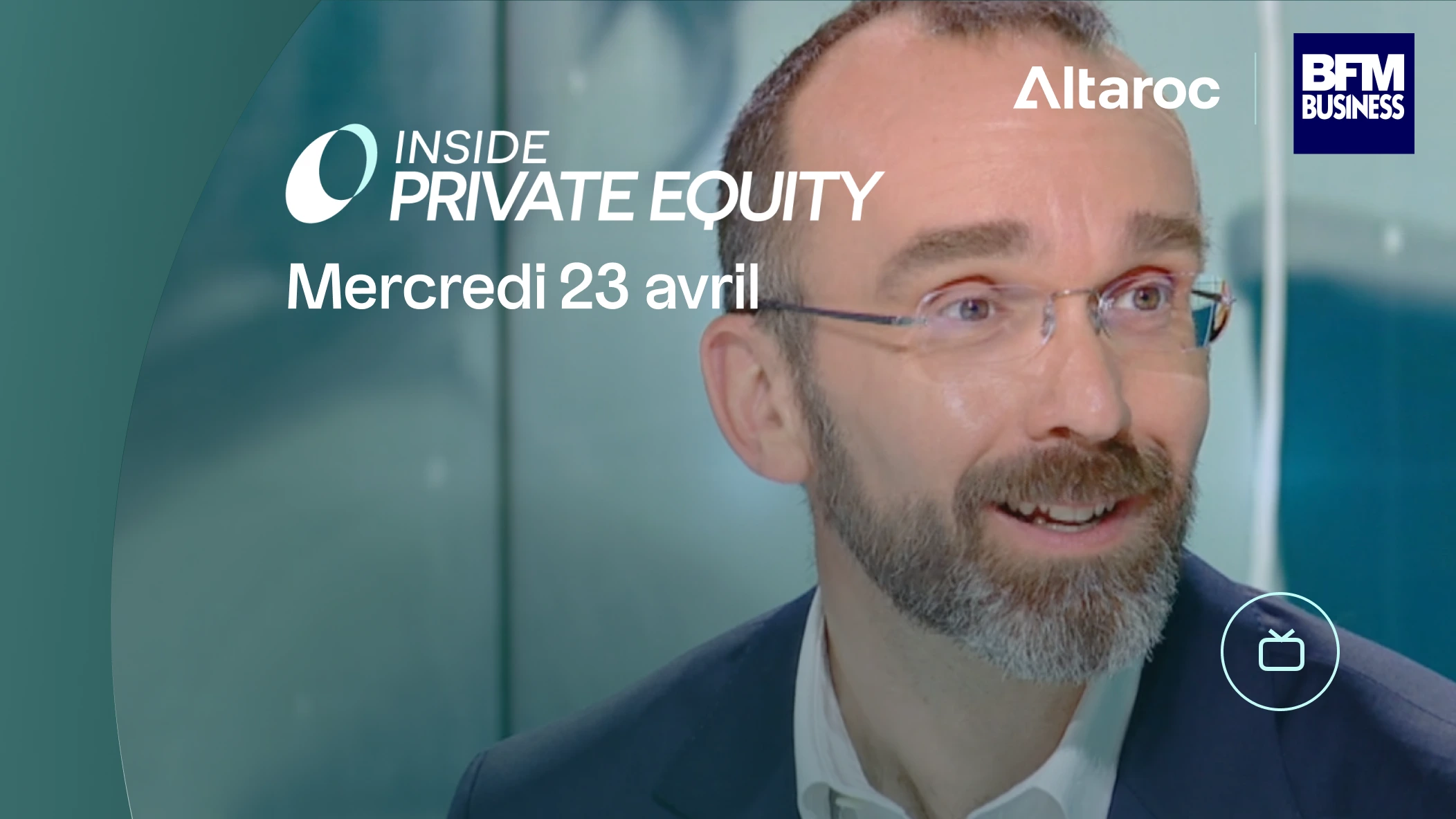

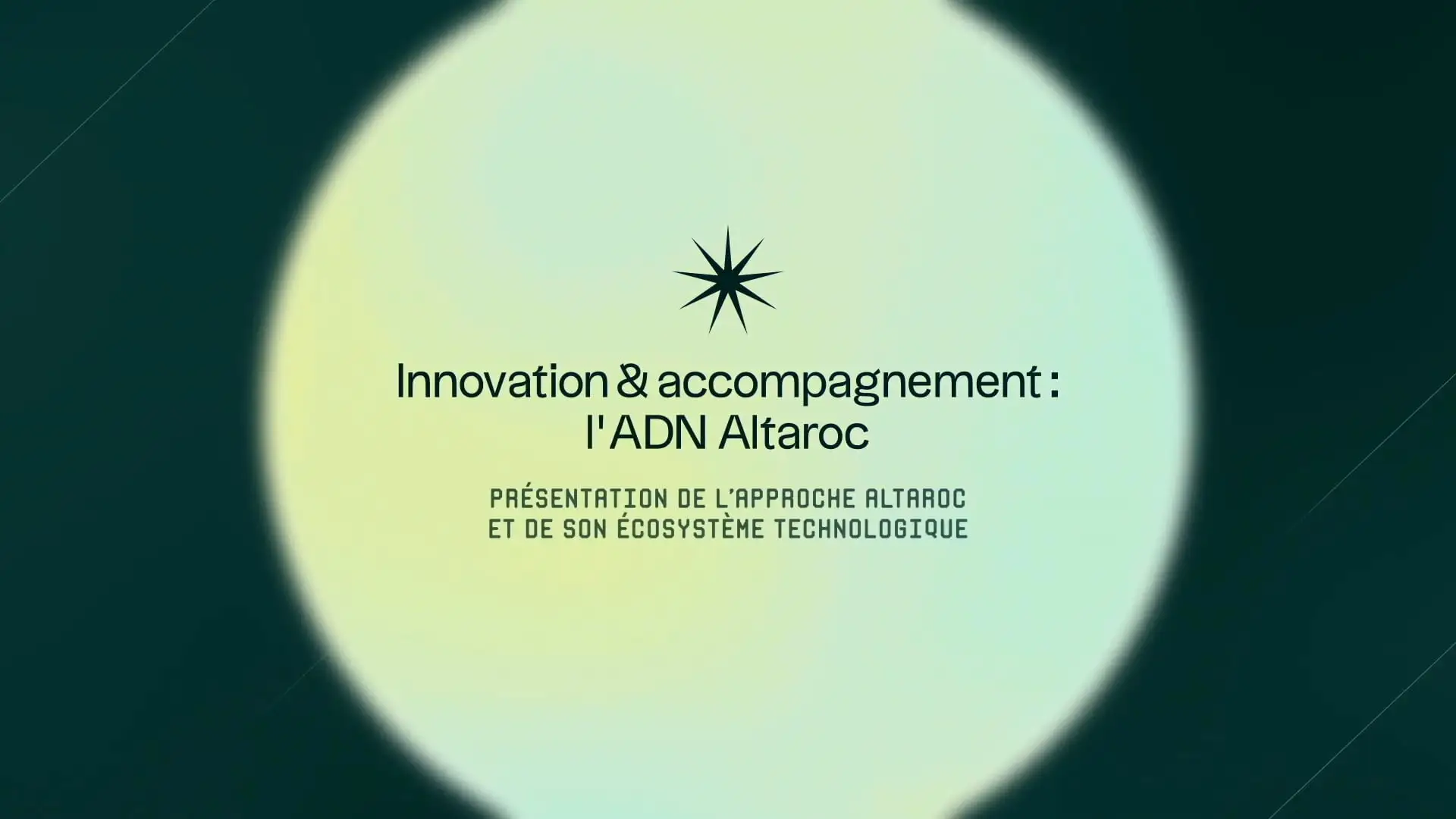
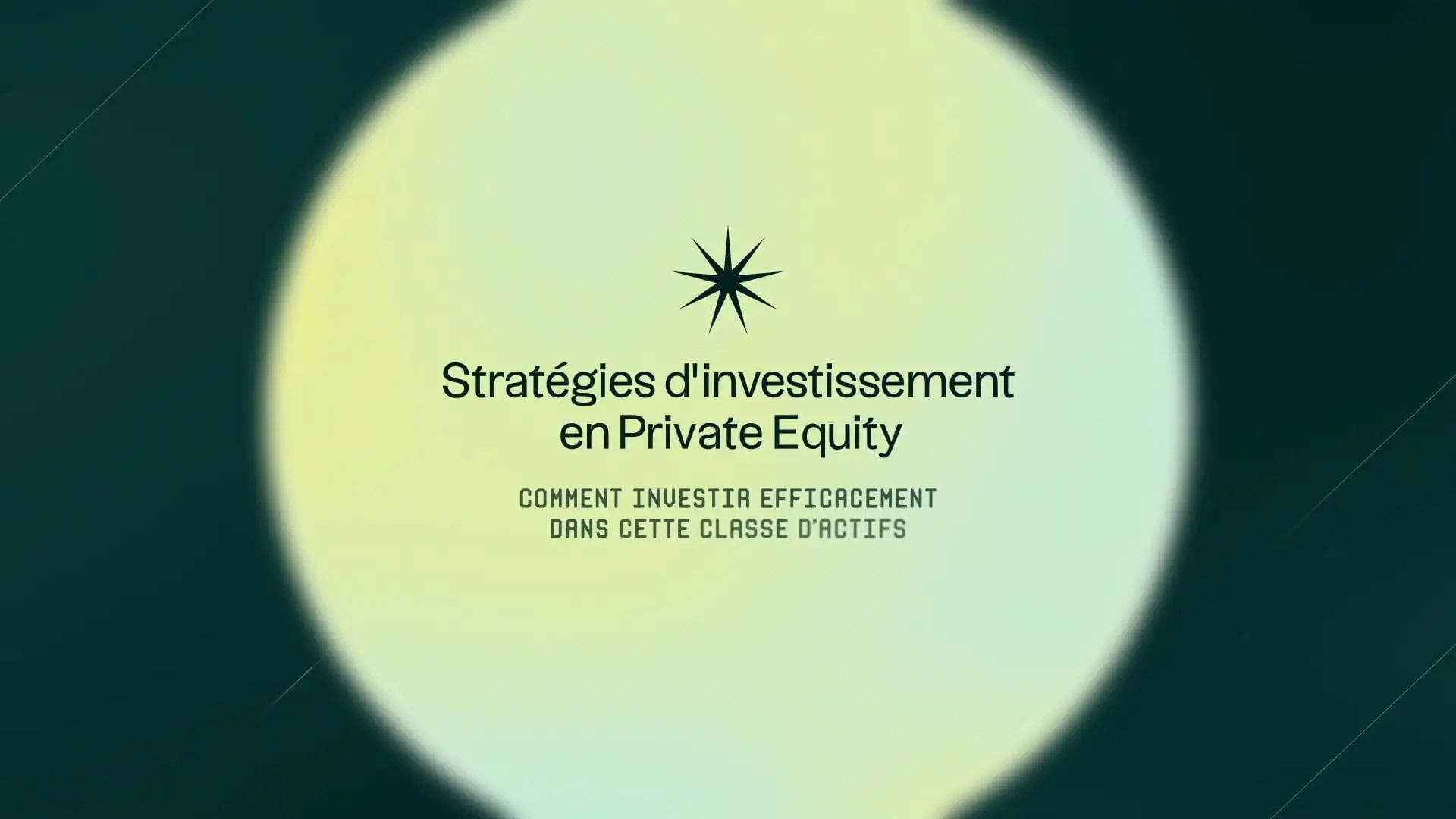










.jpeg)
.jpeg)
.jpeg)
.jpeg)
.jpeg)
.jpeg)





.webp)
.jpeg)
.jpeg)
.jpeg)
.jpeg)
.jpeg)
.jpeg)
.jpeg)
.jpeg)
.jpeg)
.jpeg)
.jpeg)
.jpeg)
.jpeg)
.jpeg)
.jpeg)
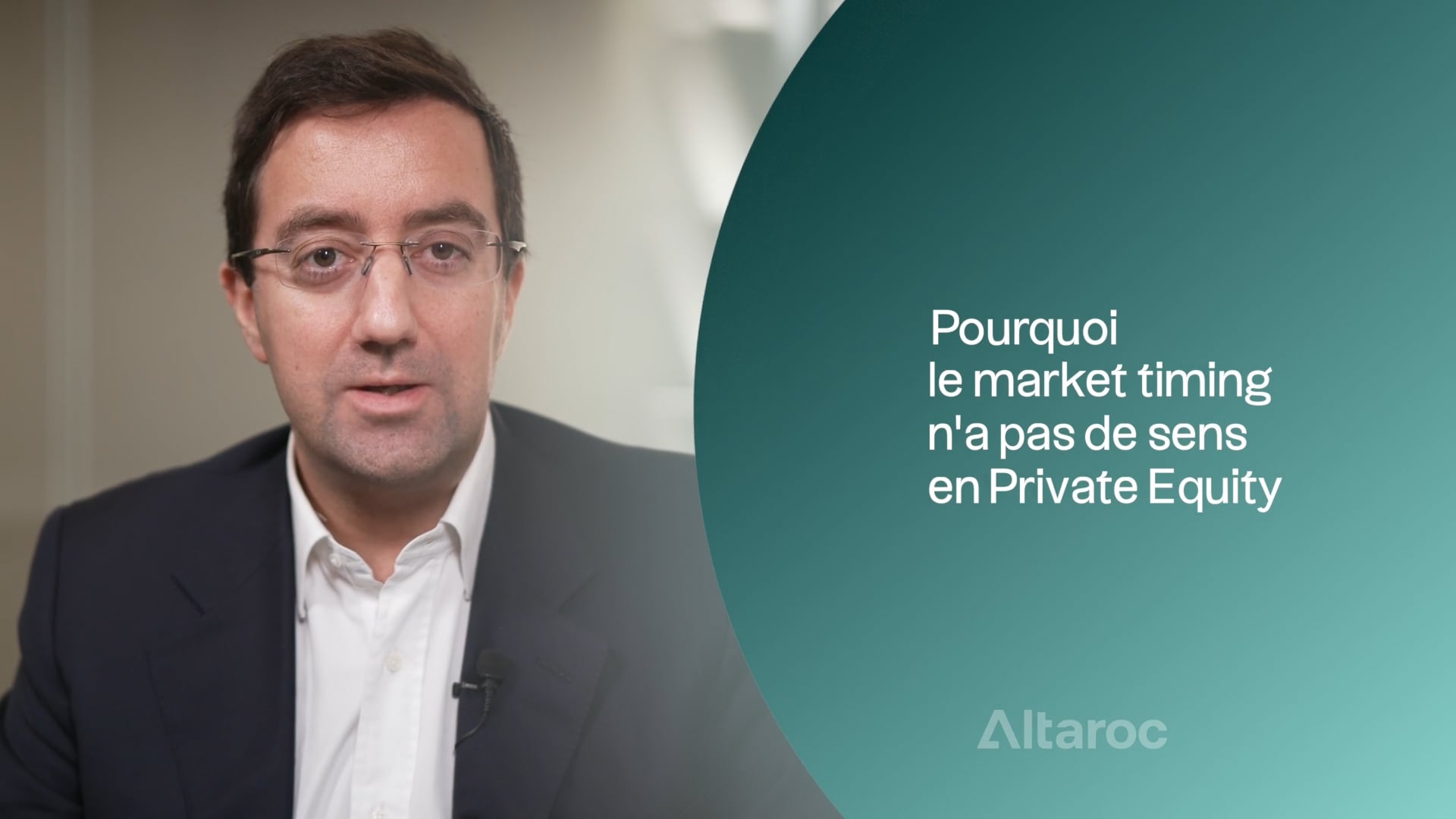
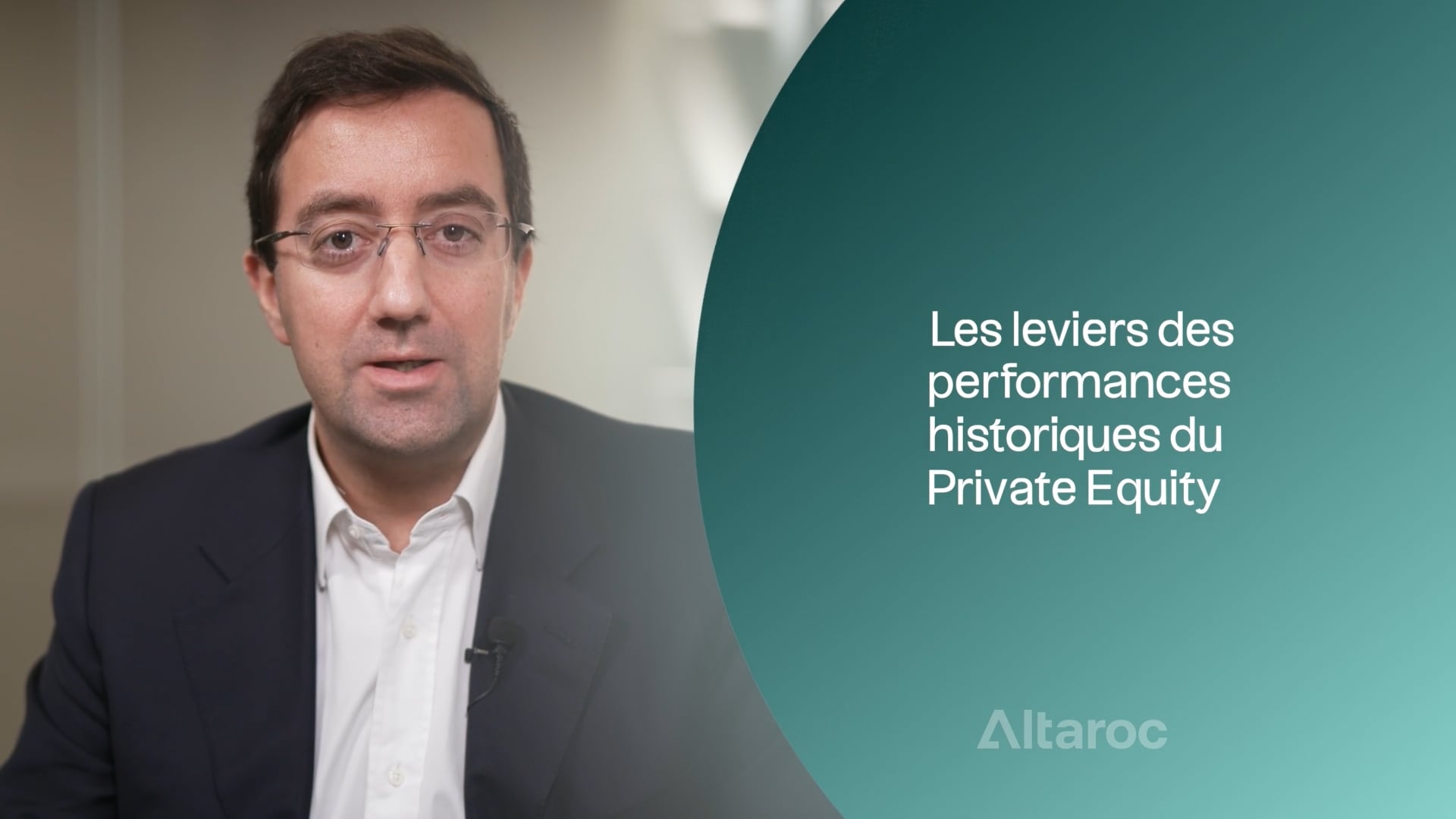
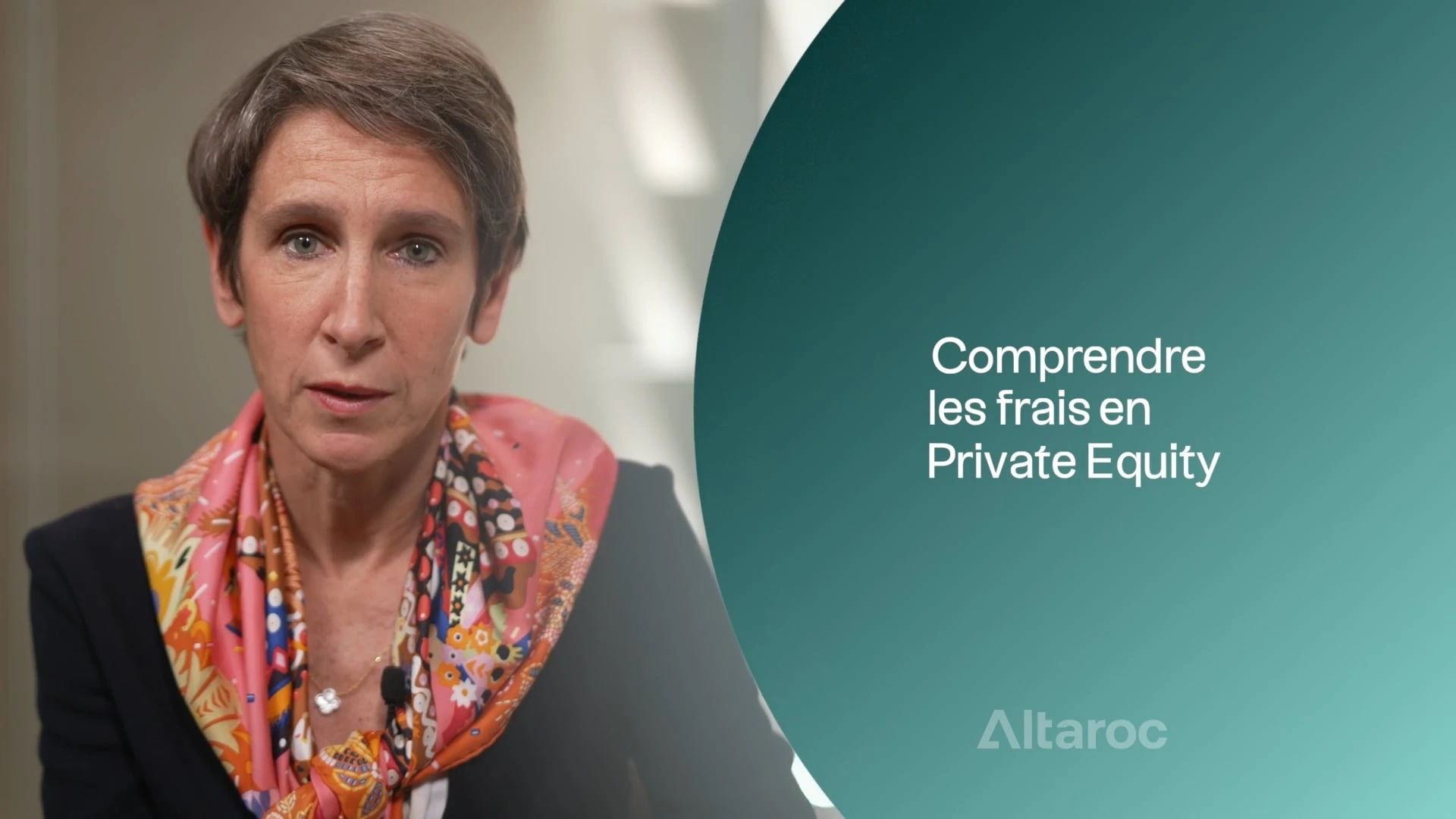
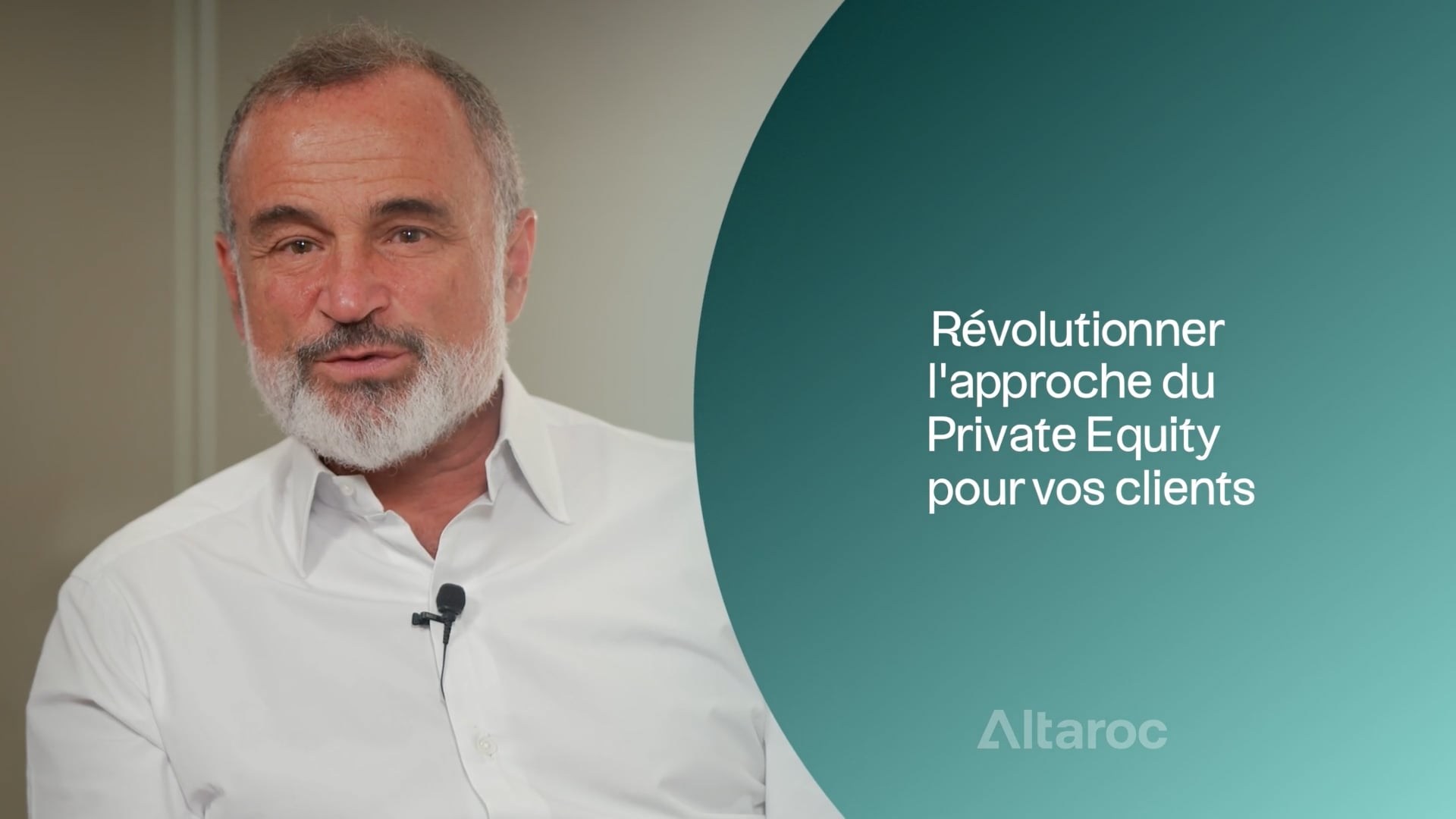
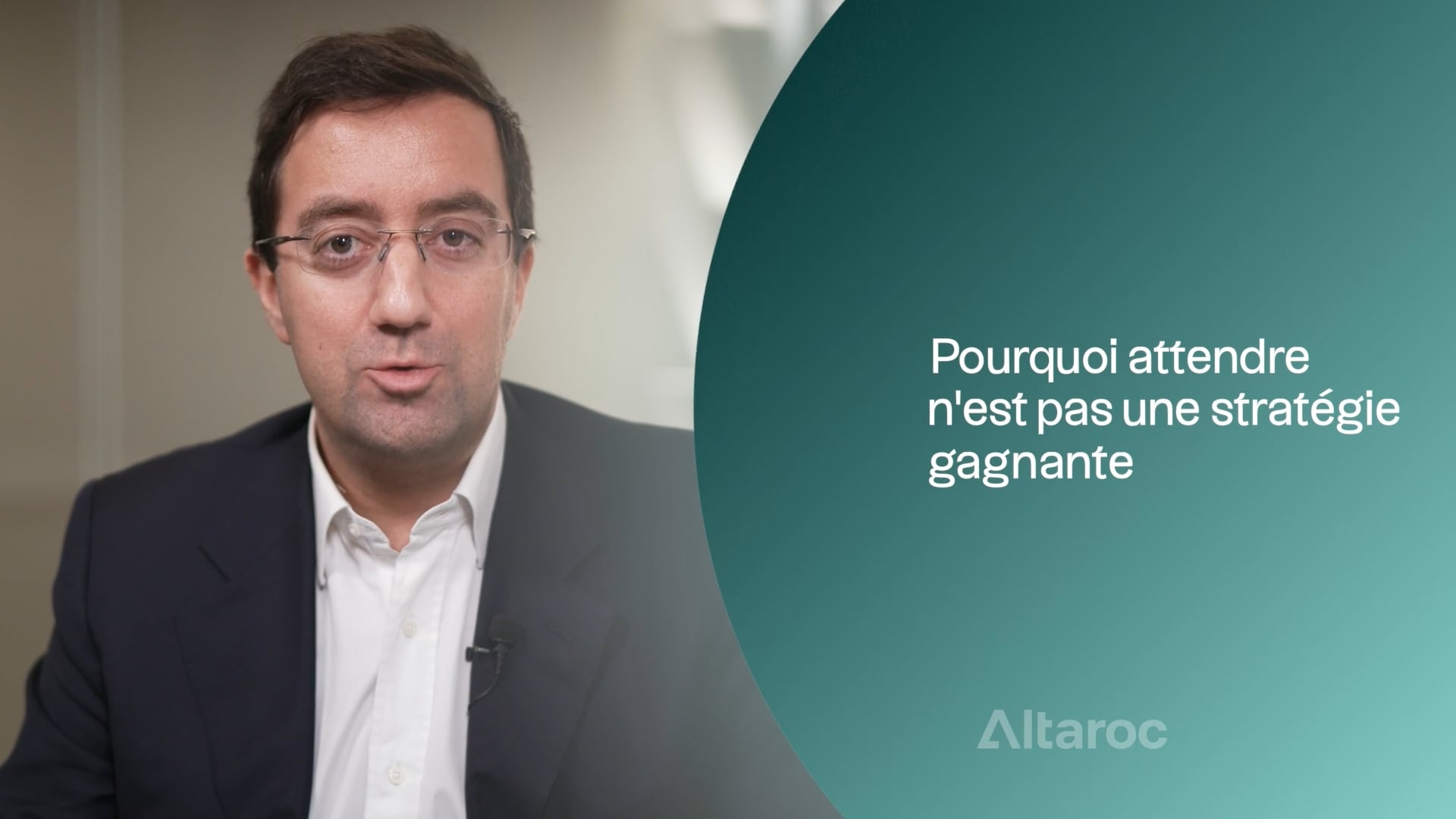
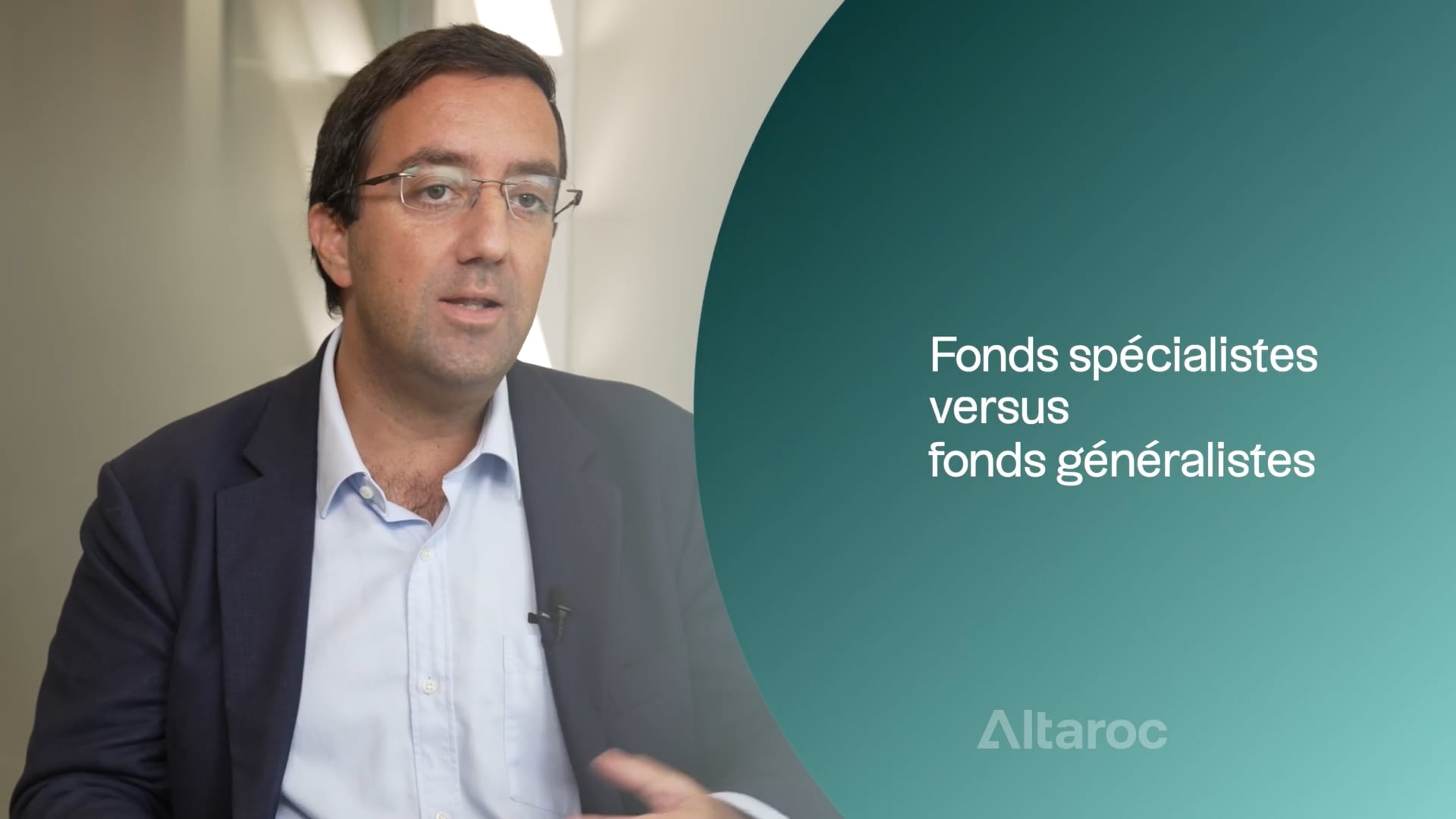
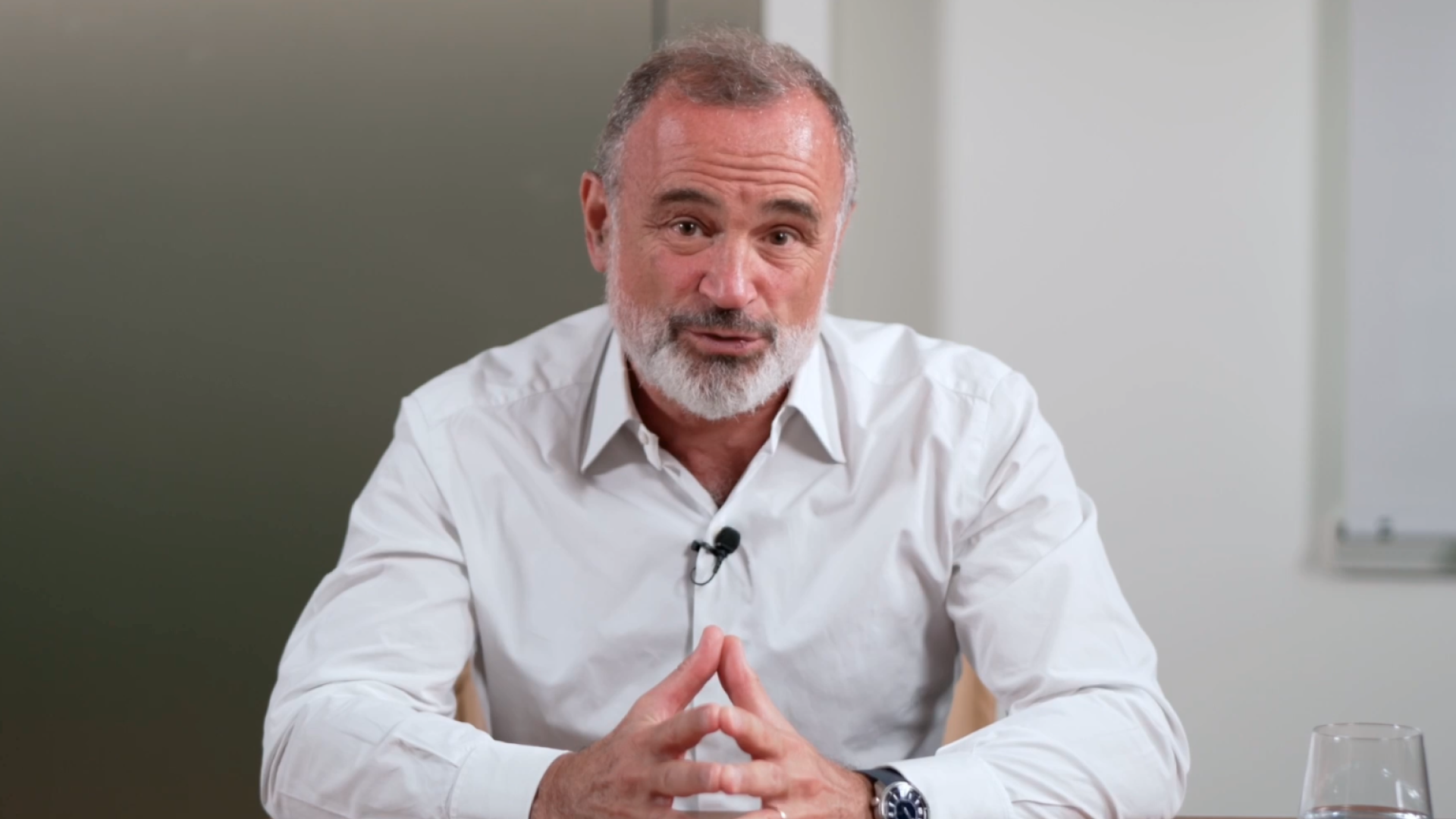
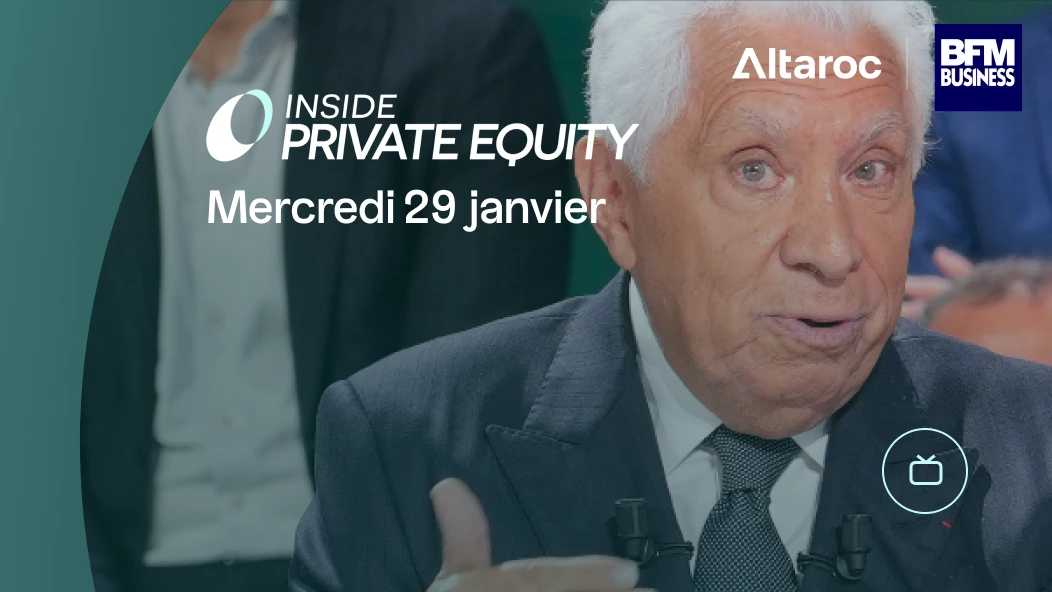

.webp)
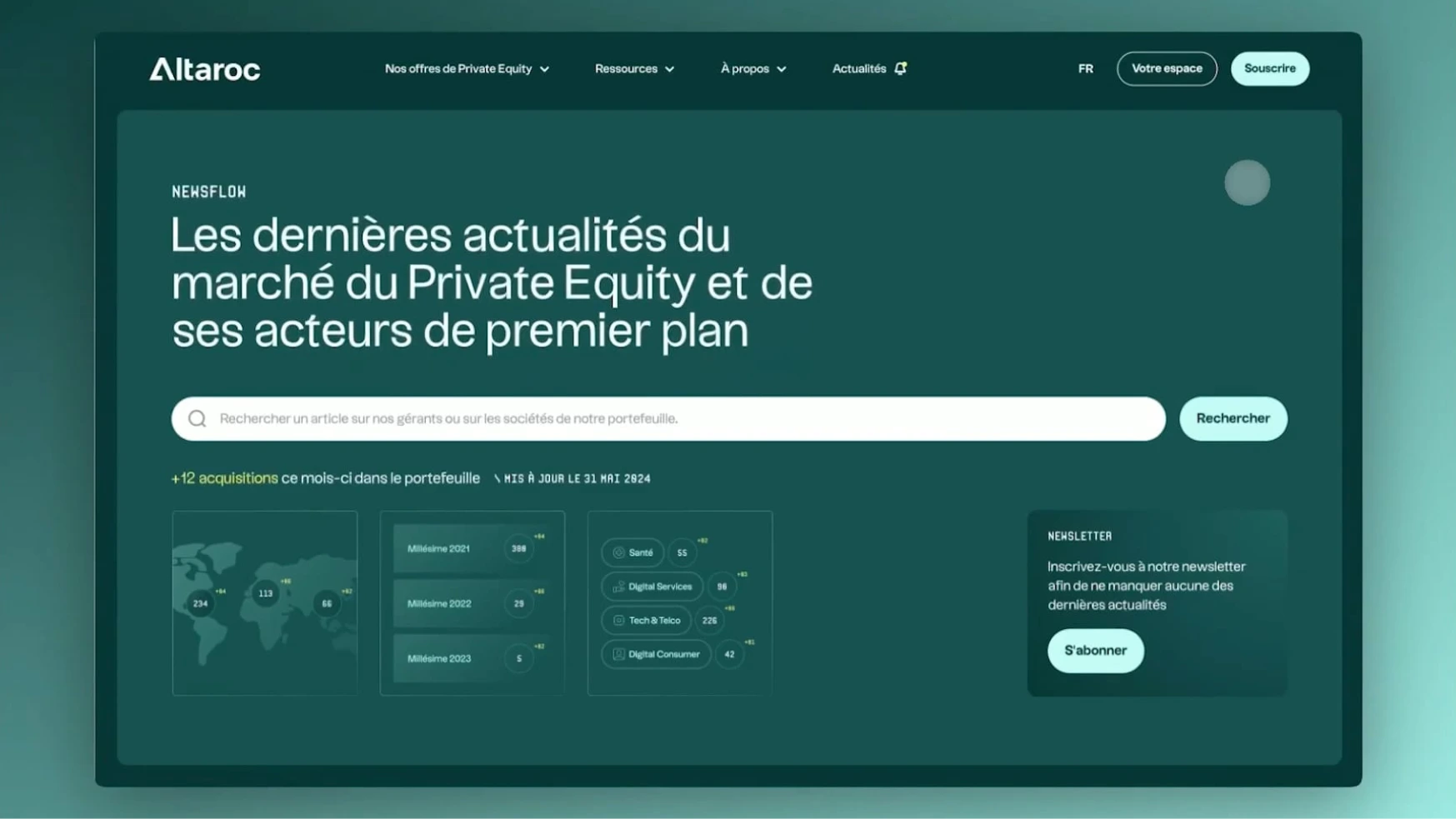
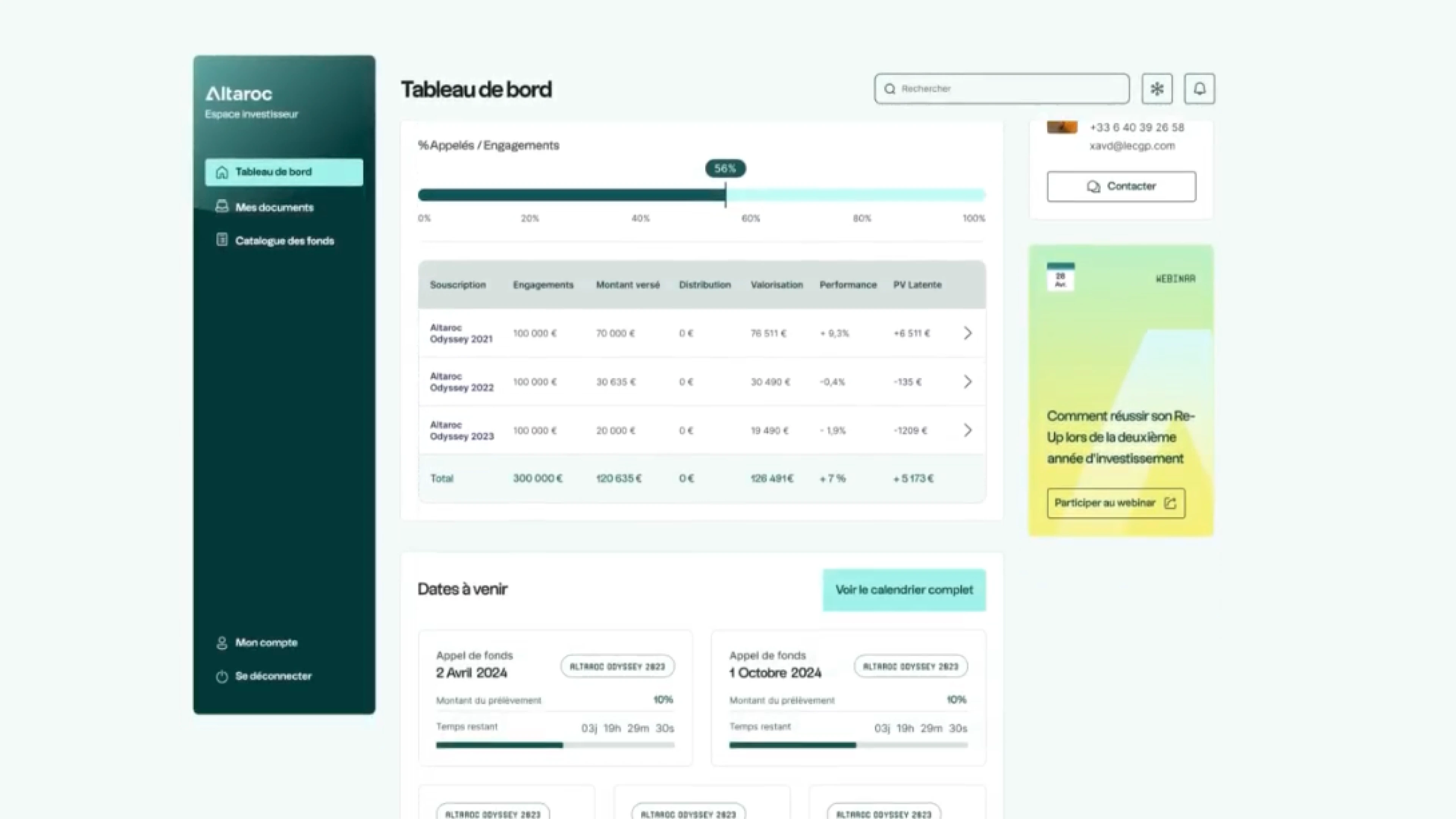
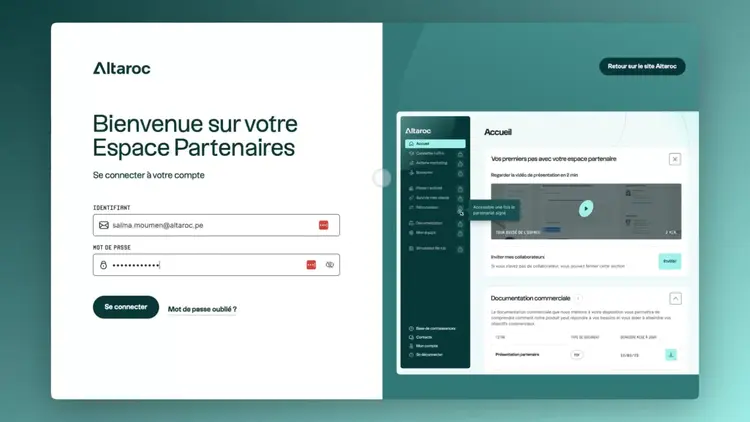


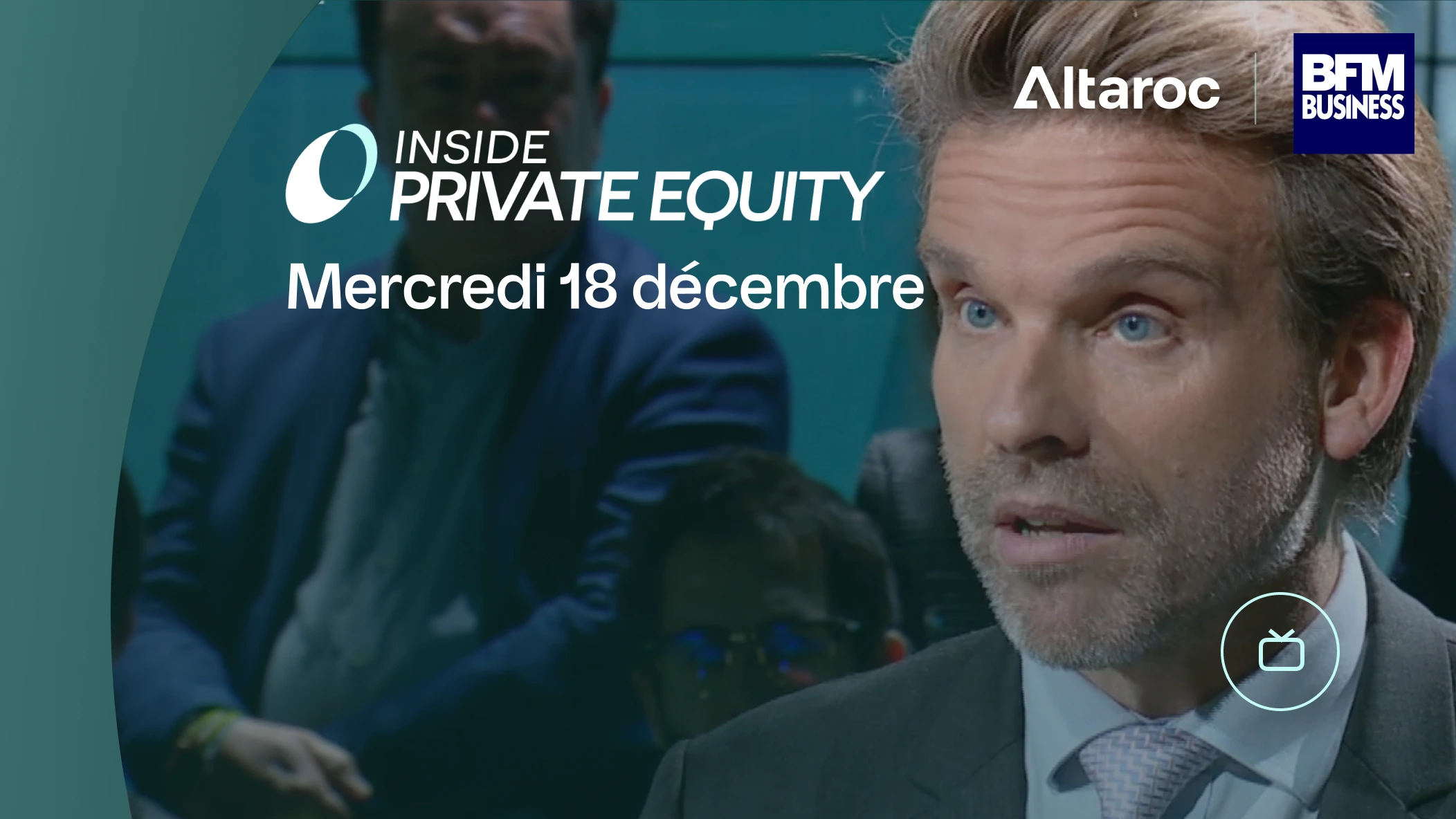




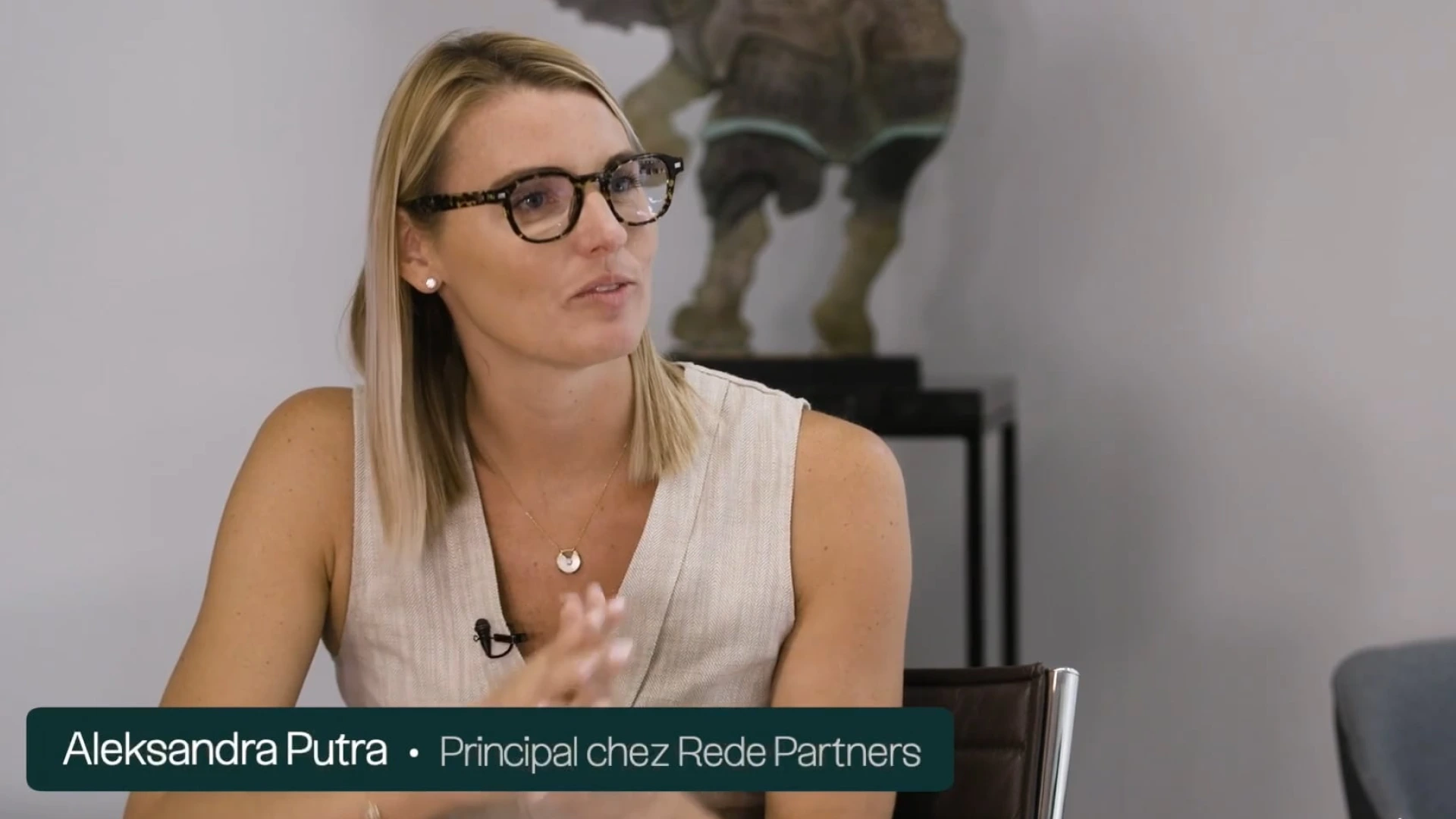
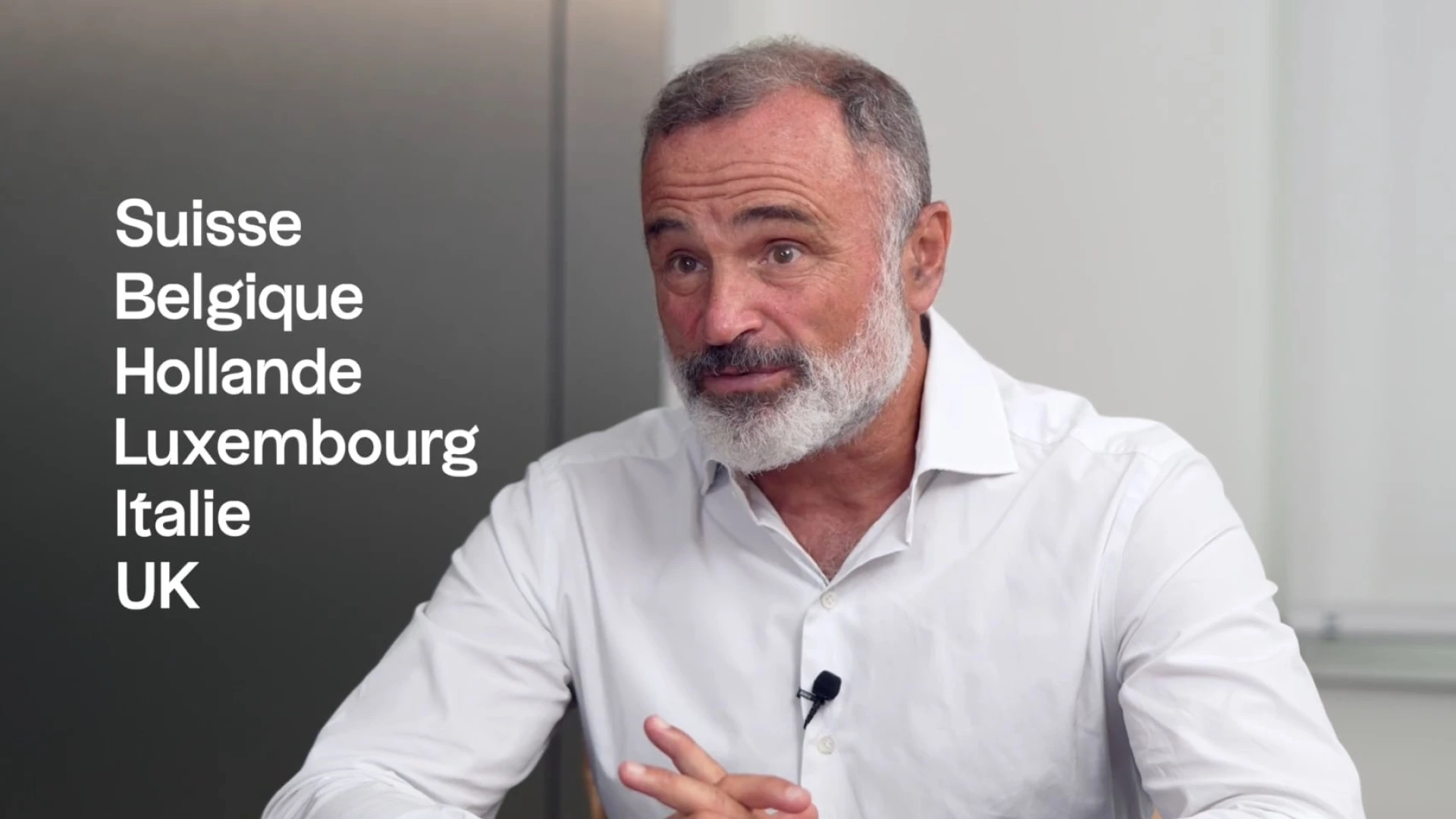
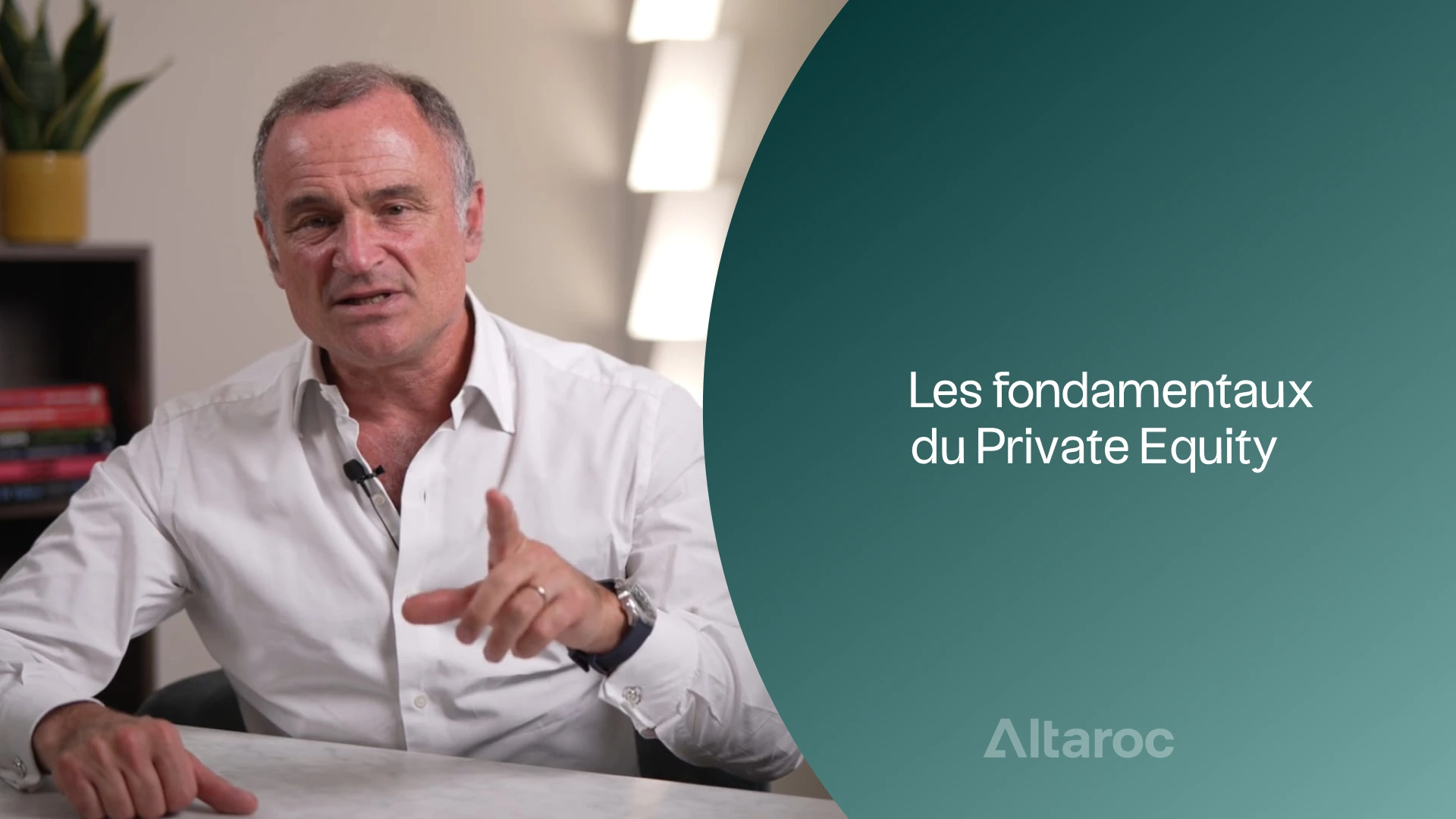


.webp)
.webp)
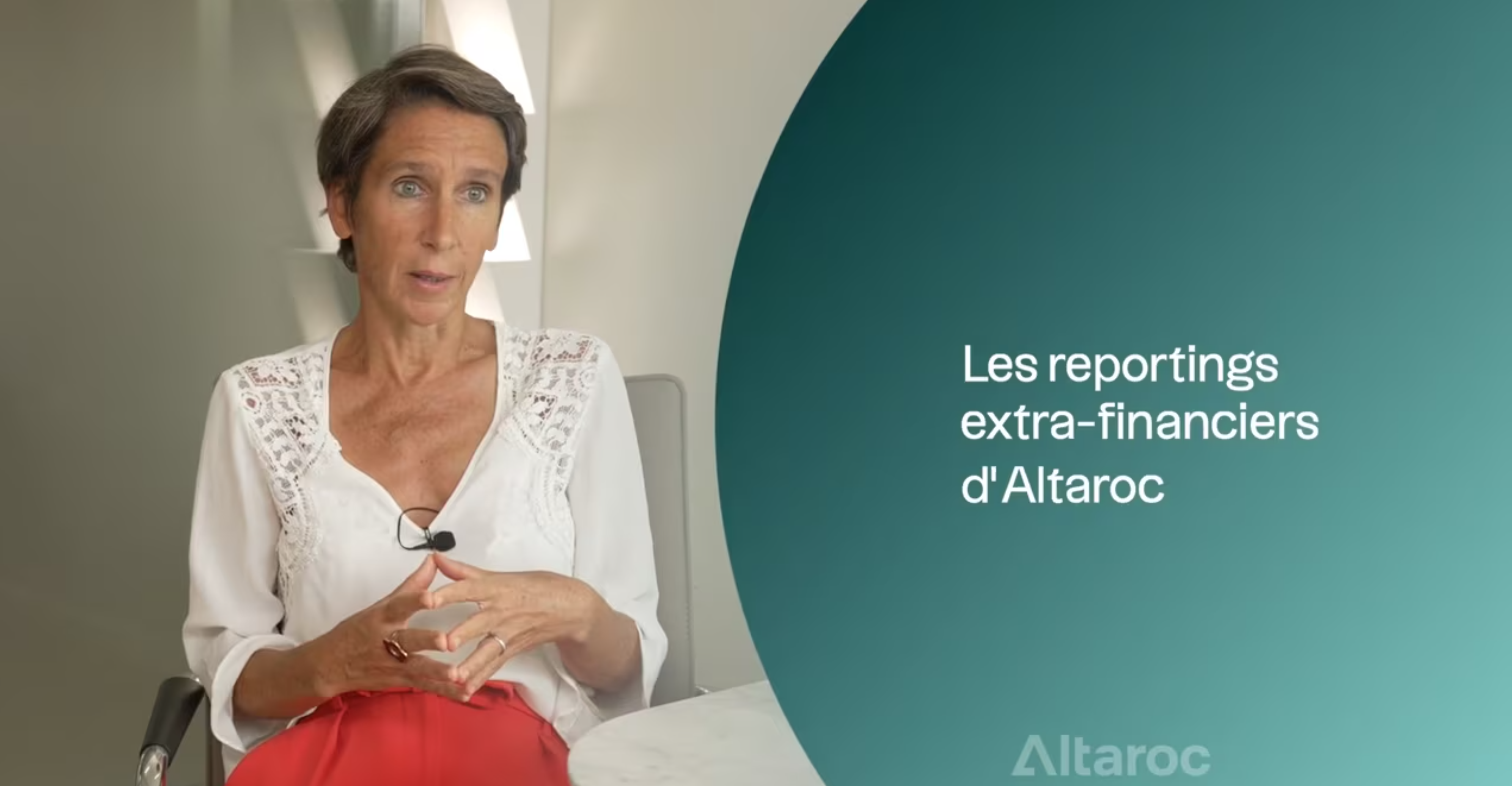

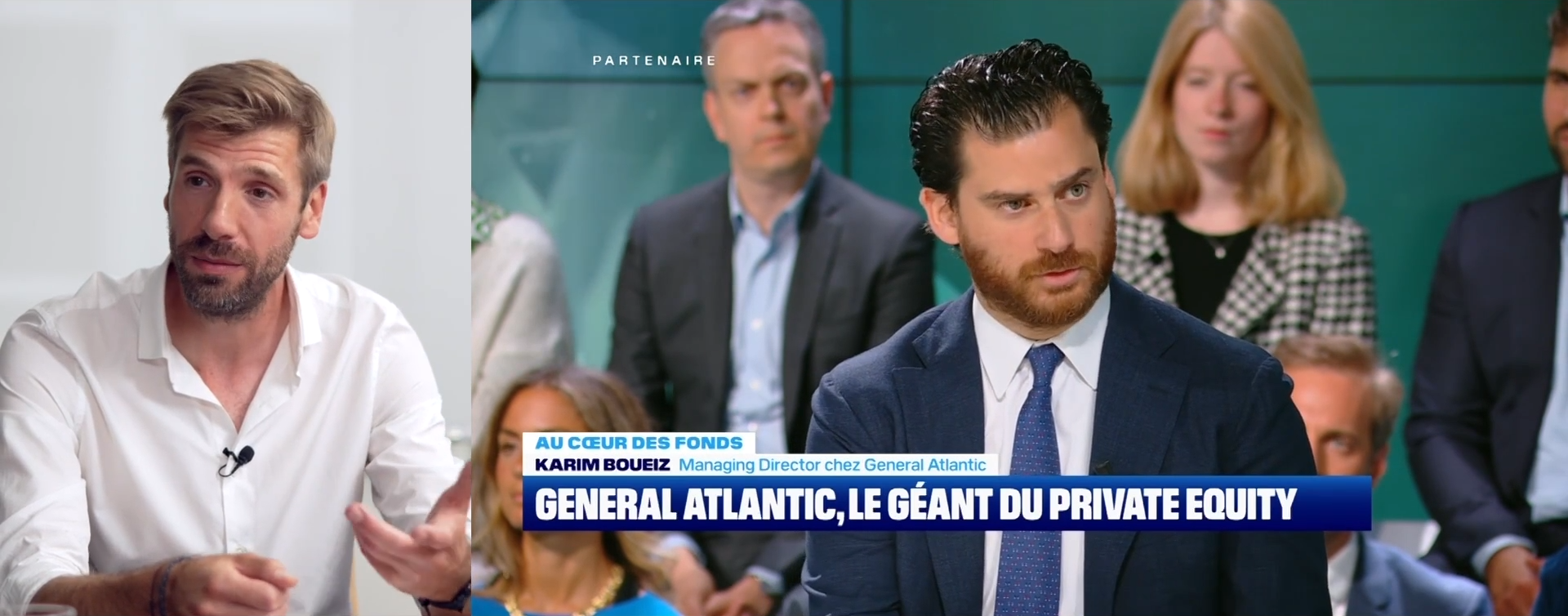
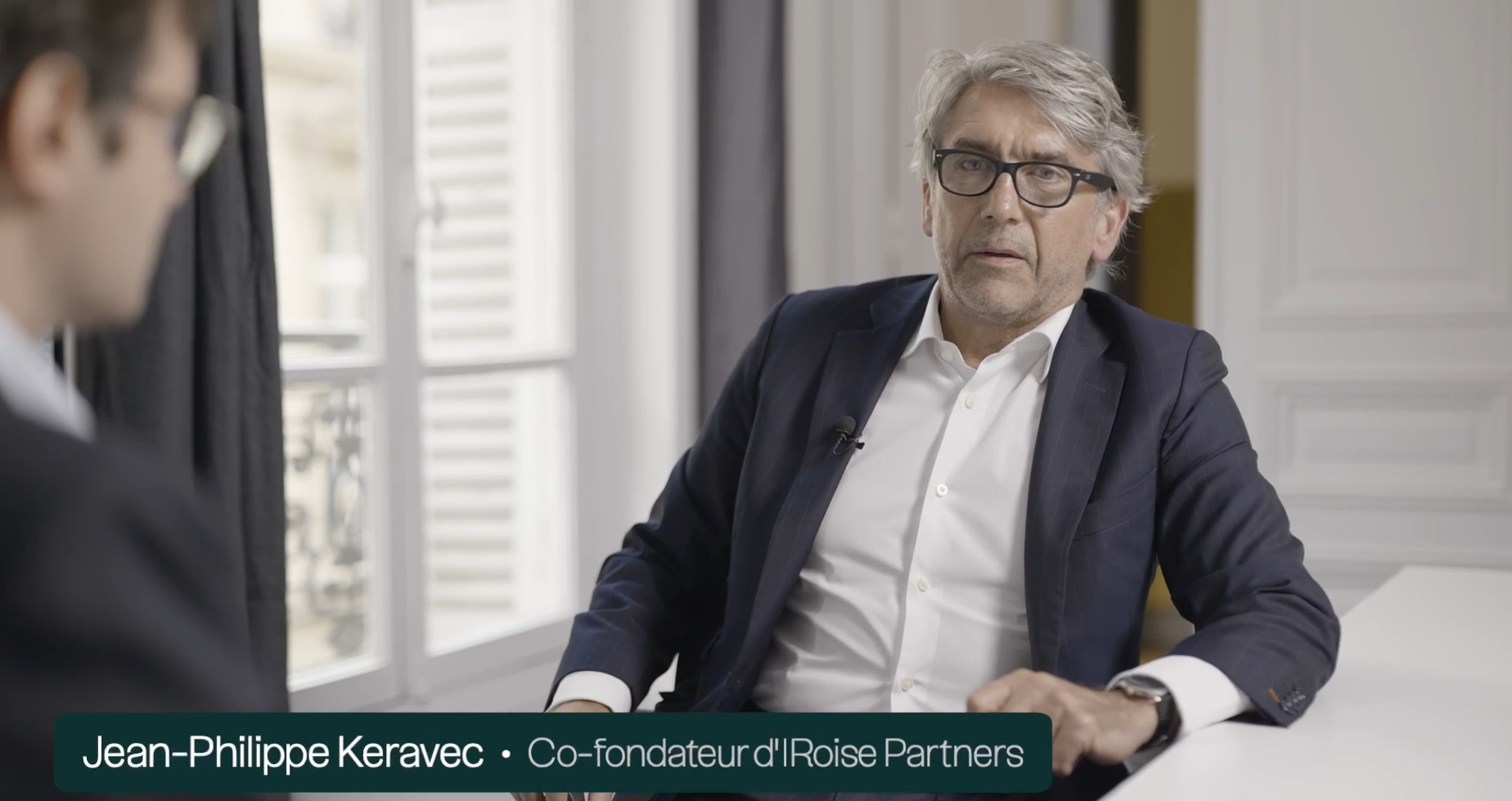


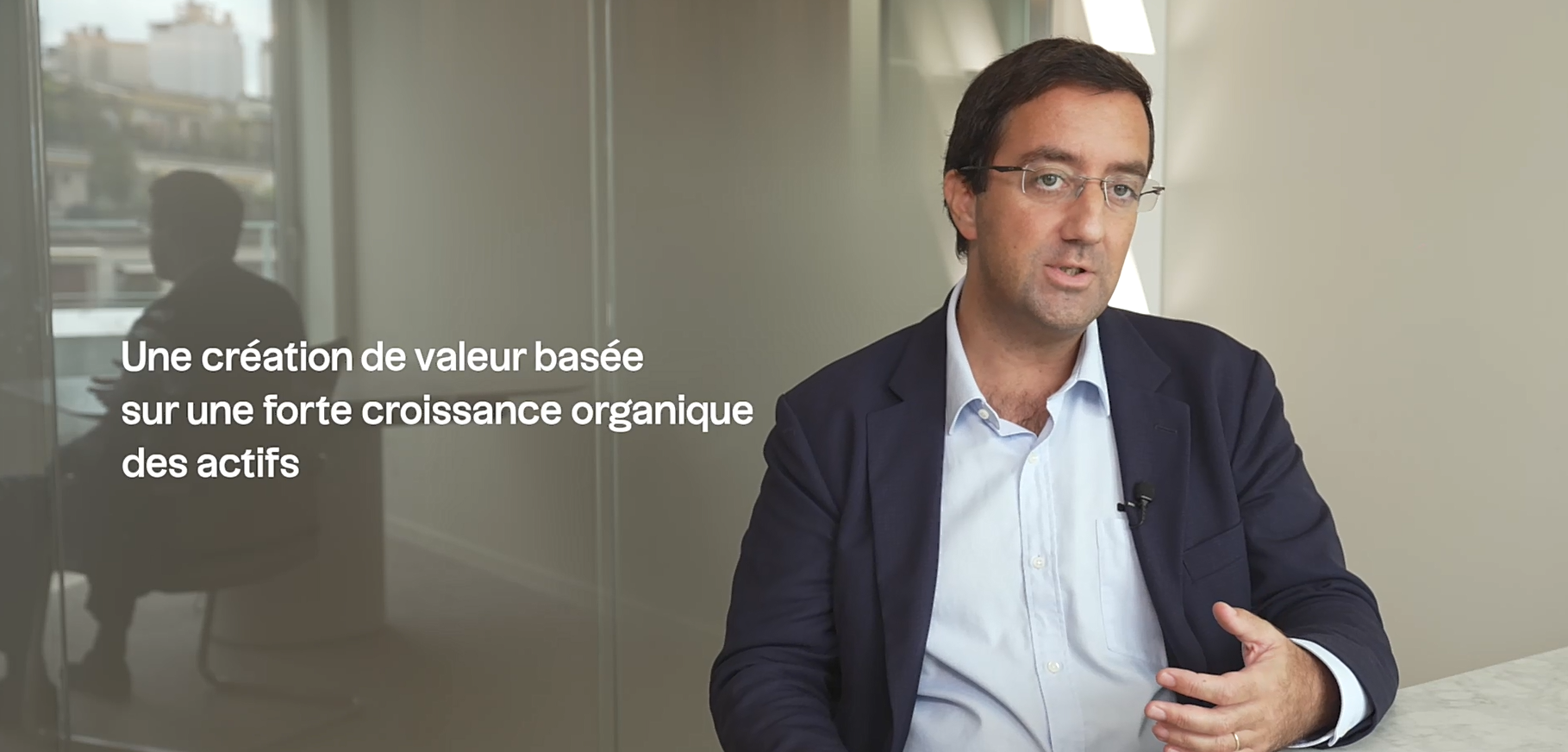

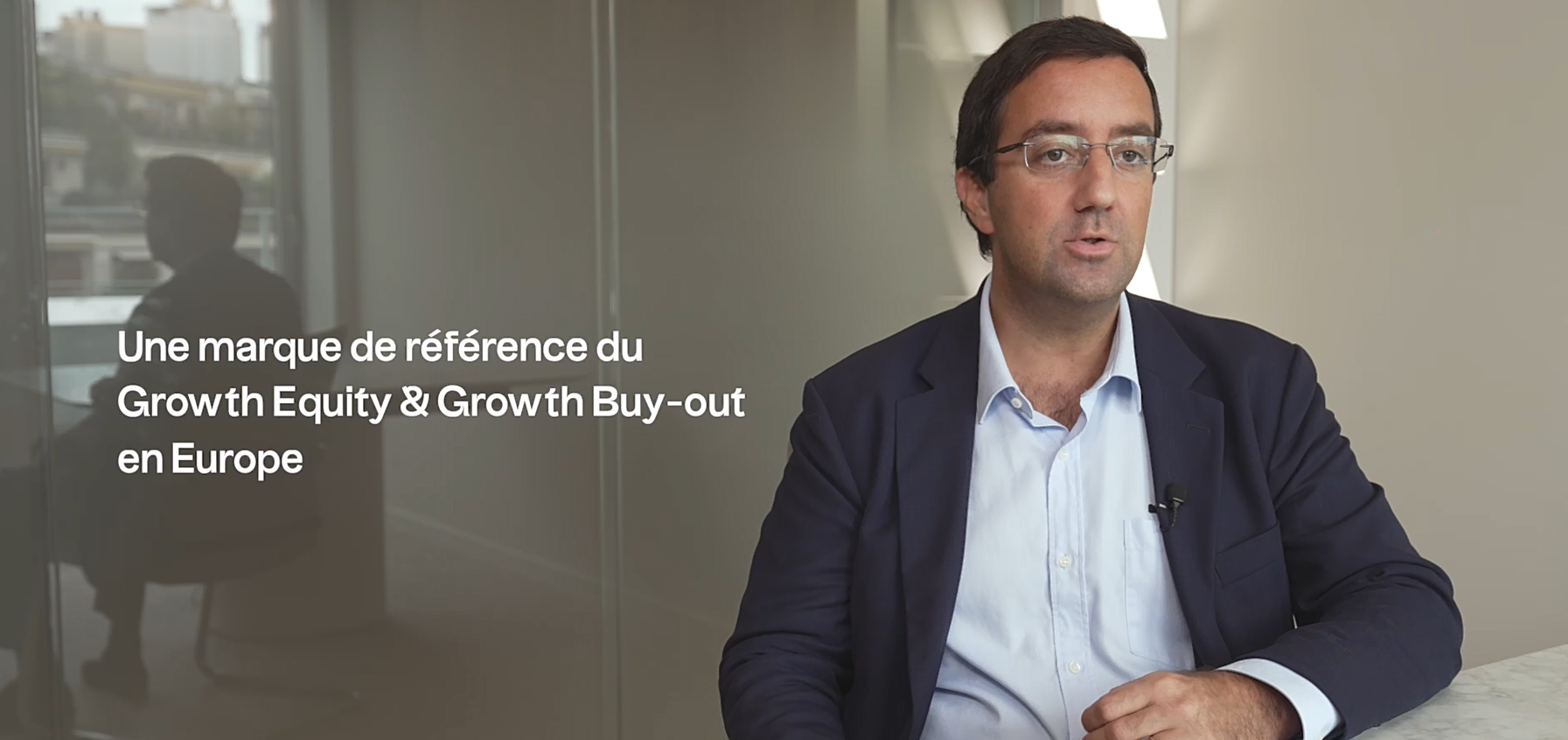
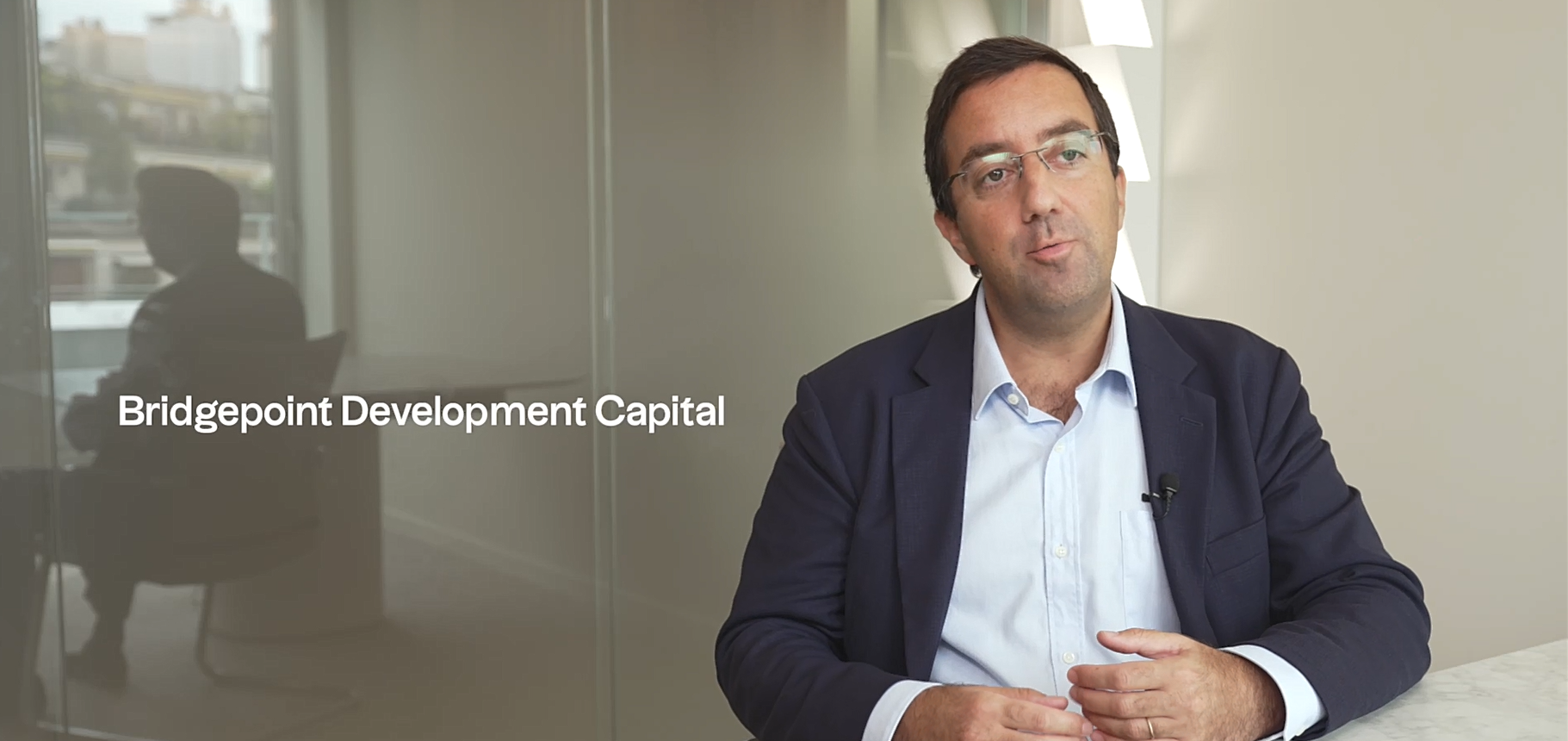
.jpeg)

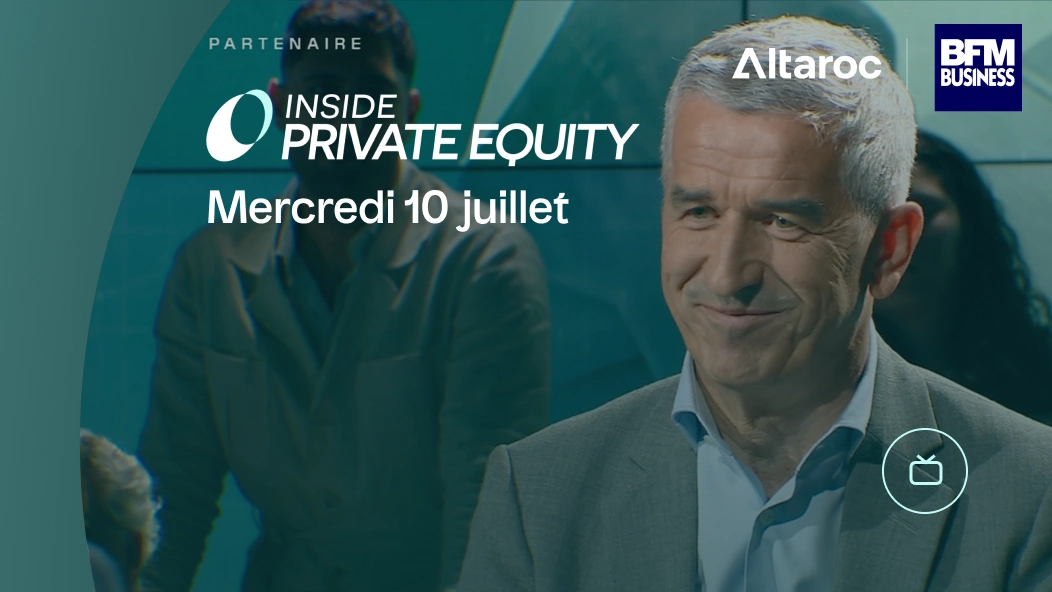
.webp)




